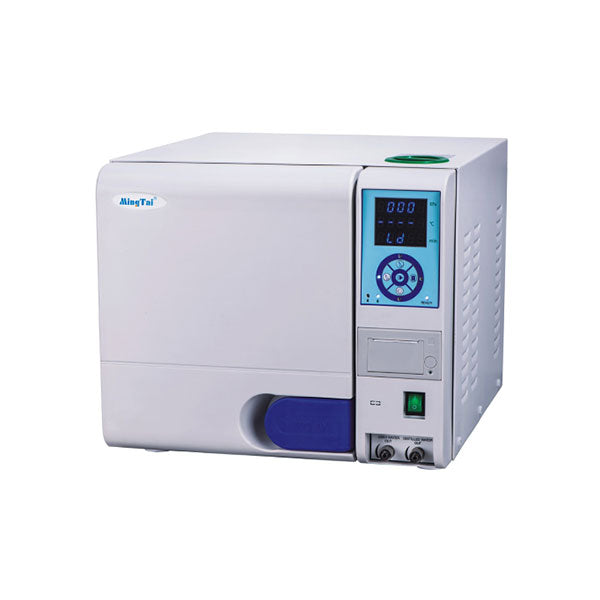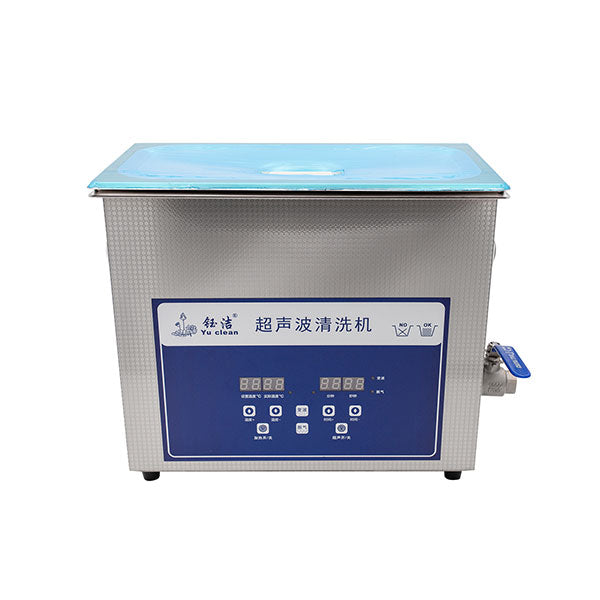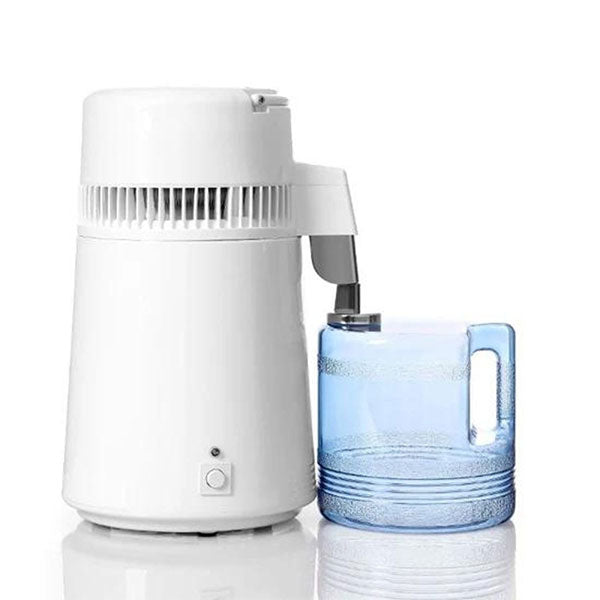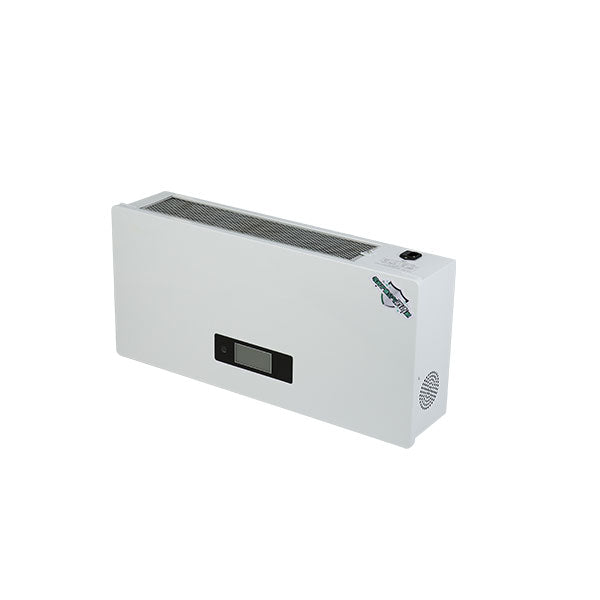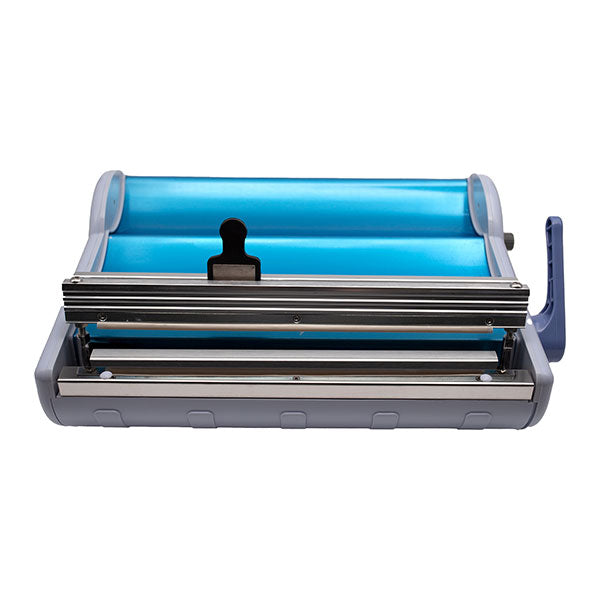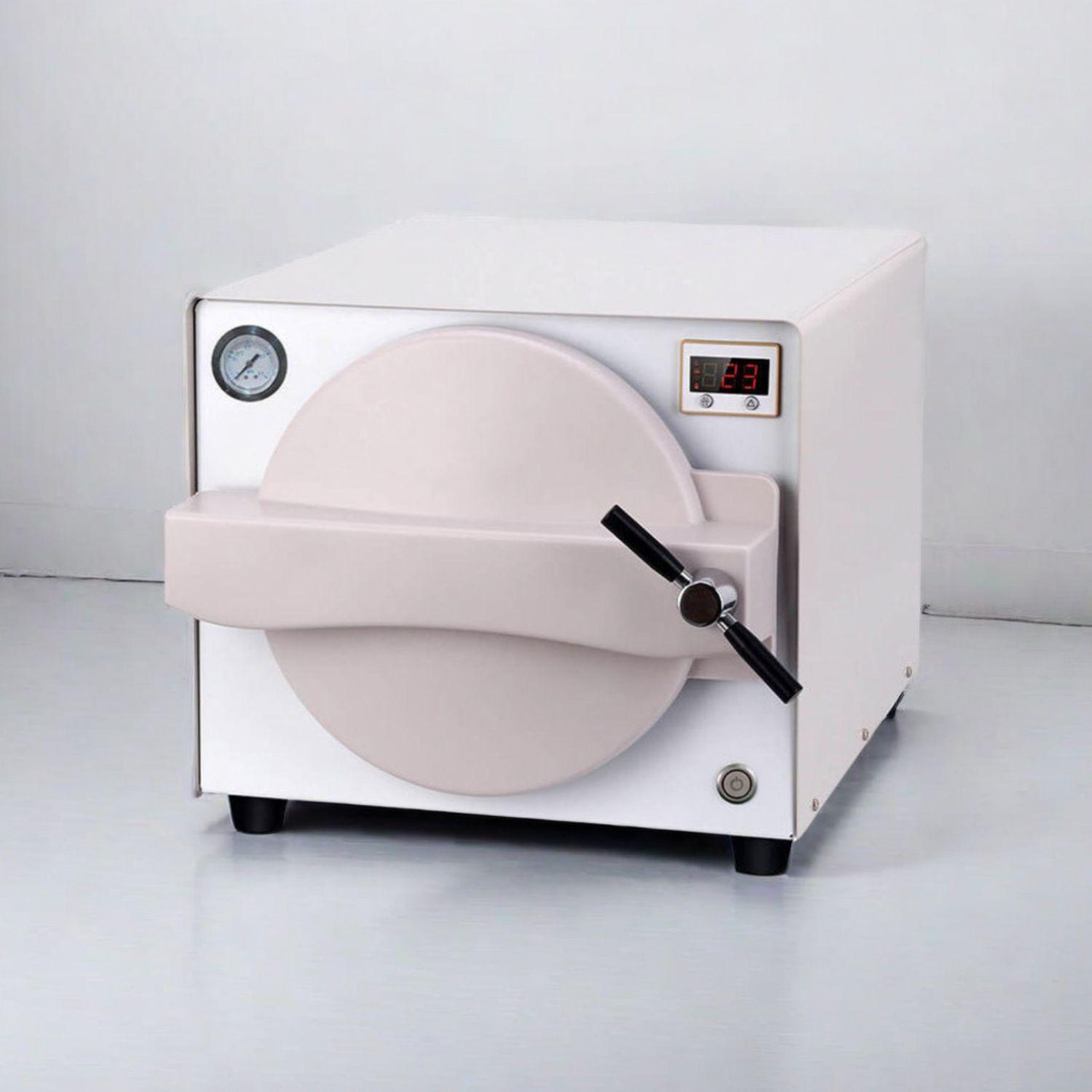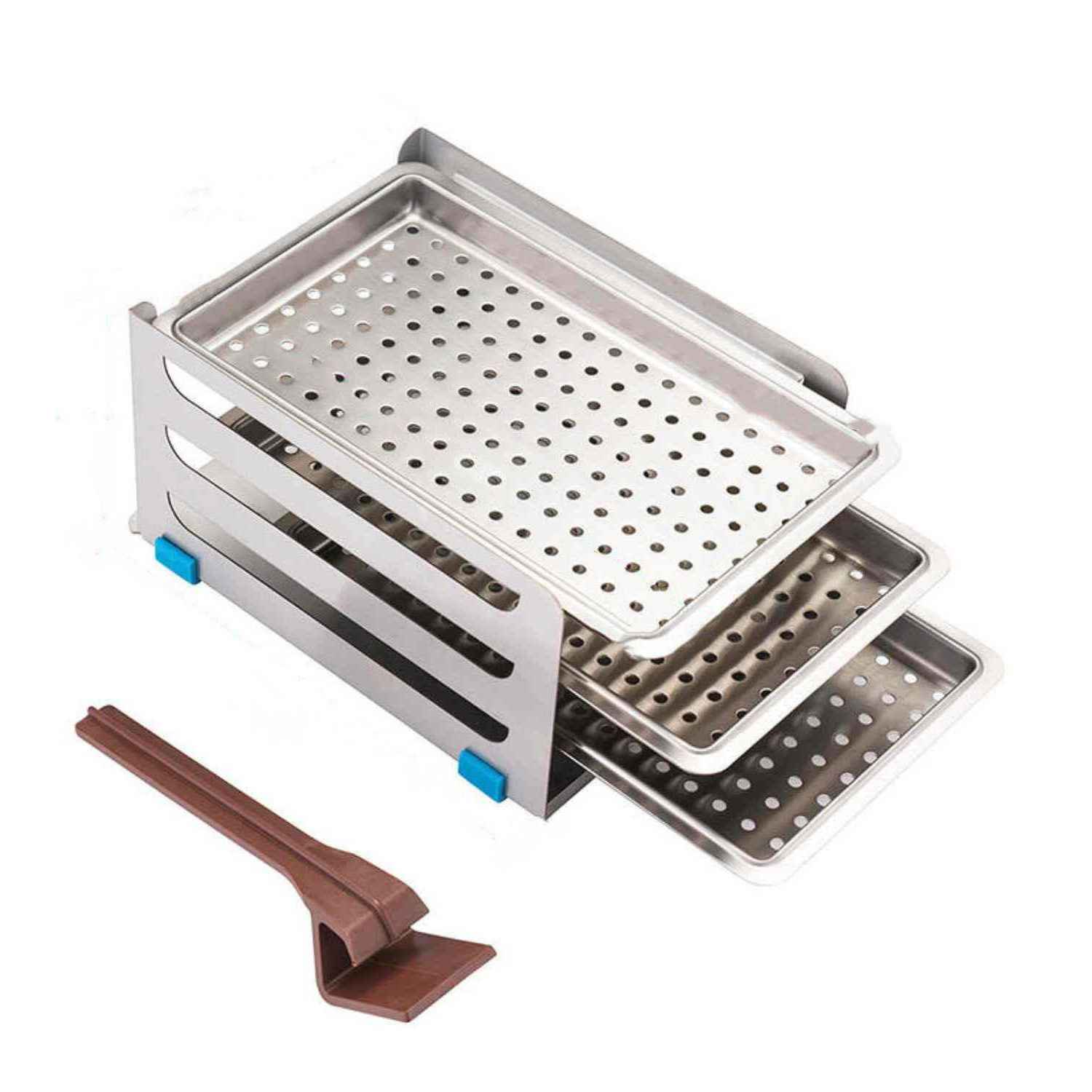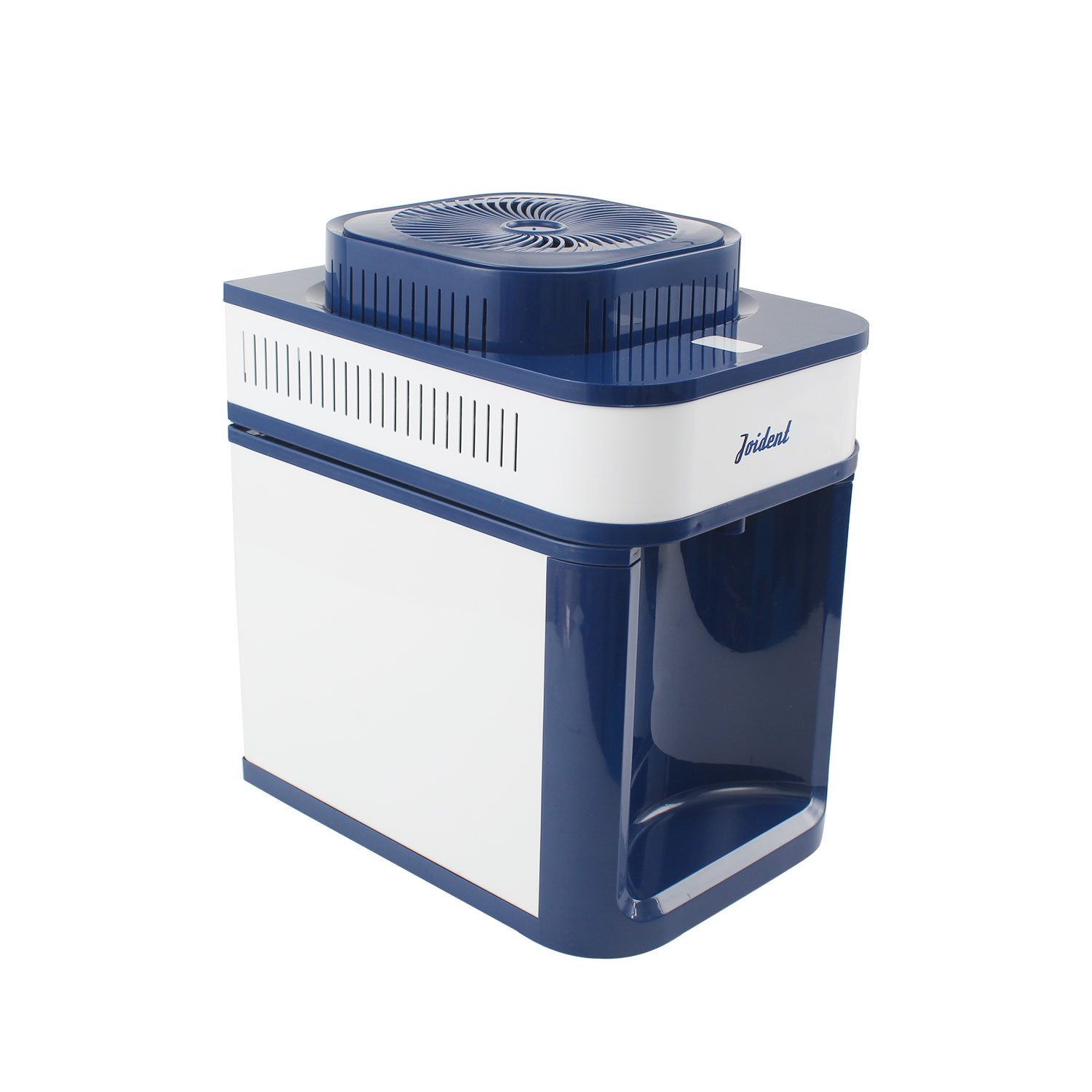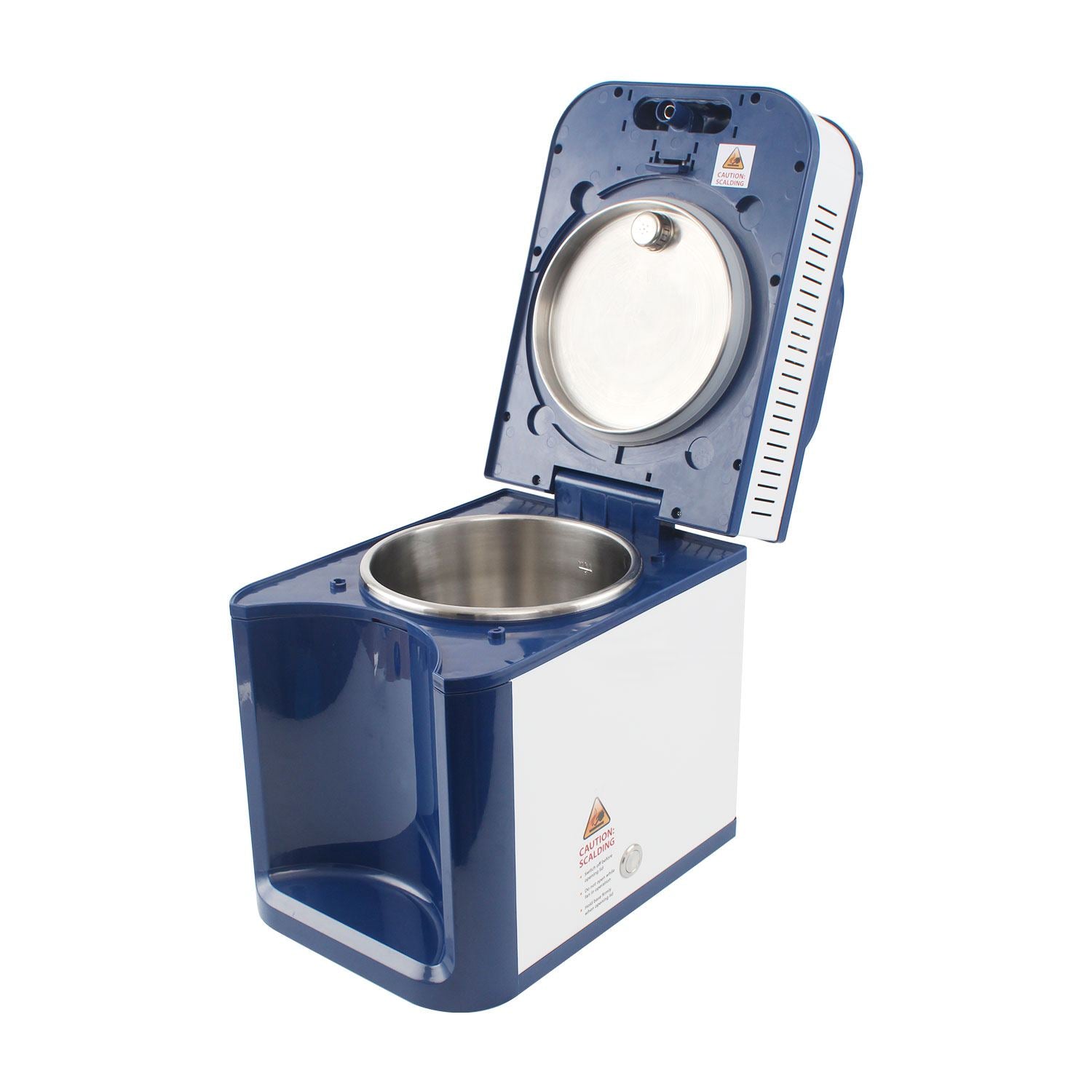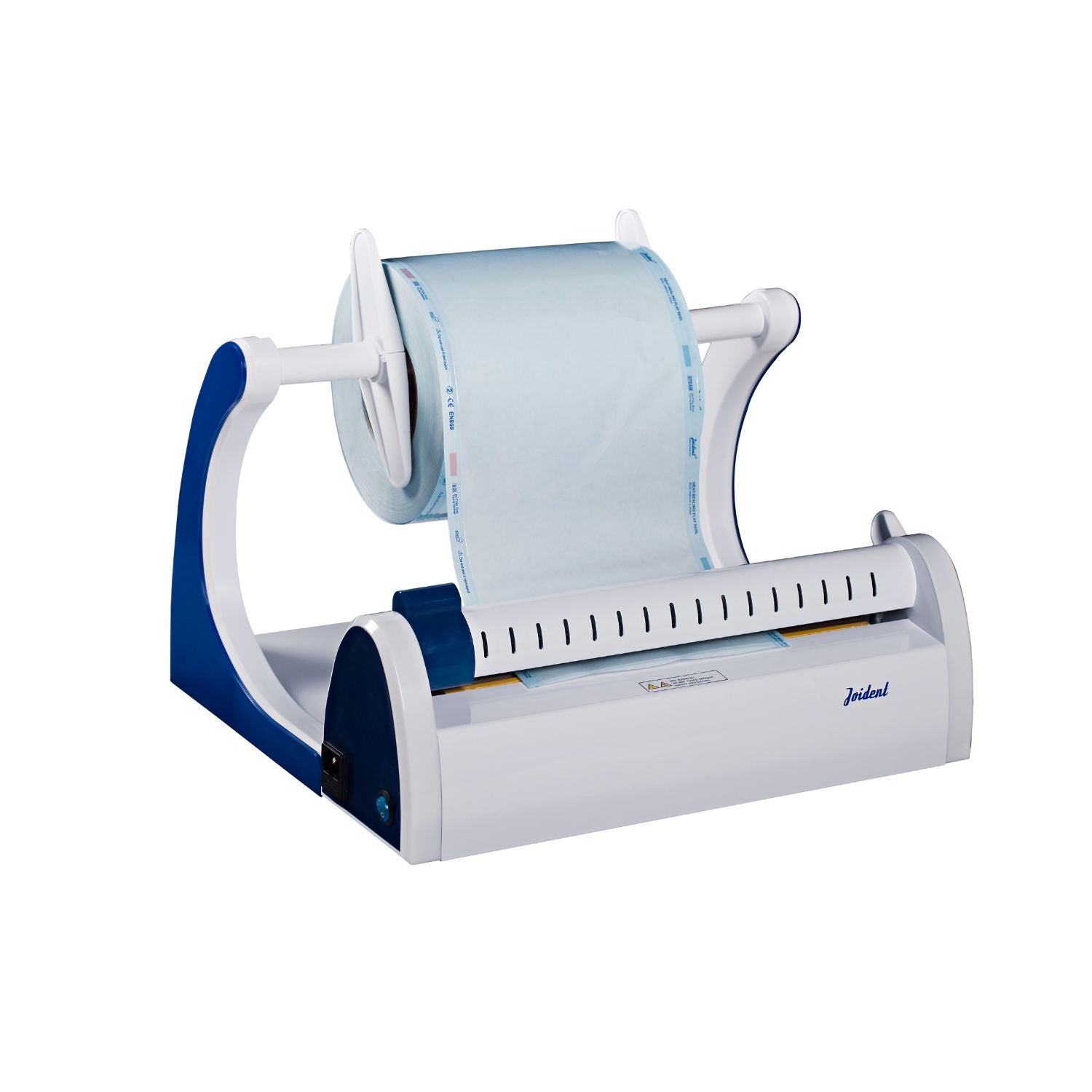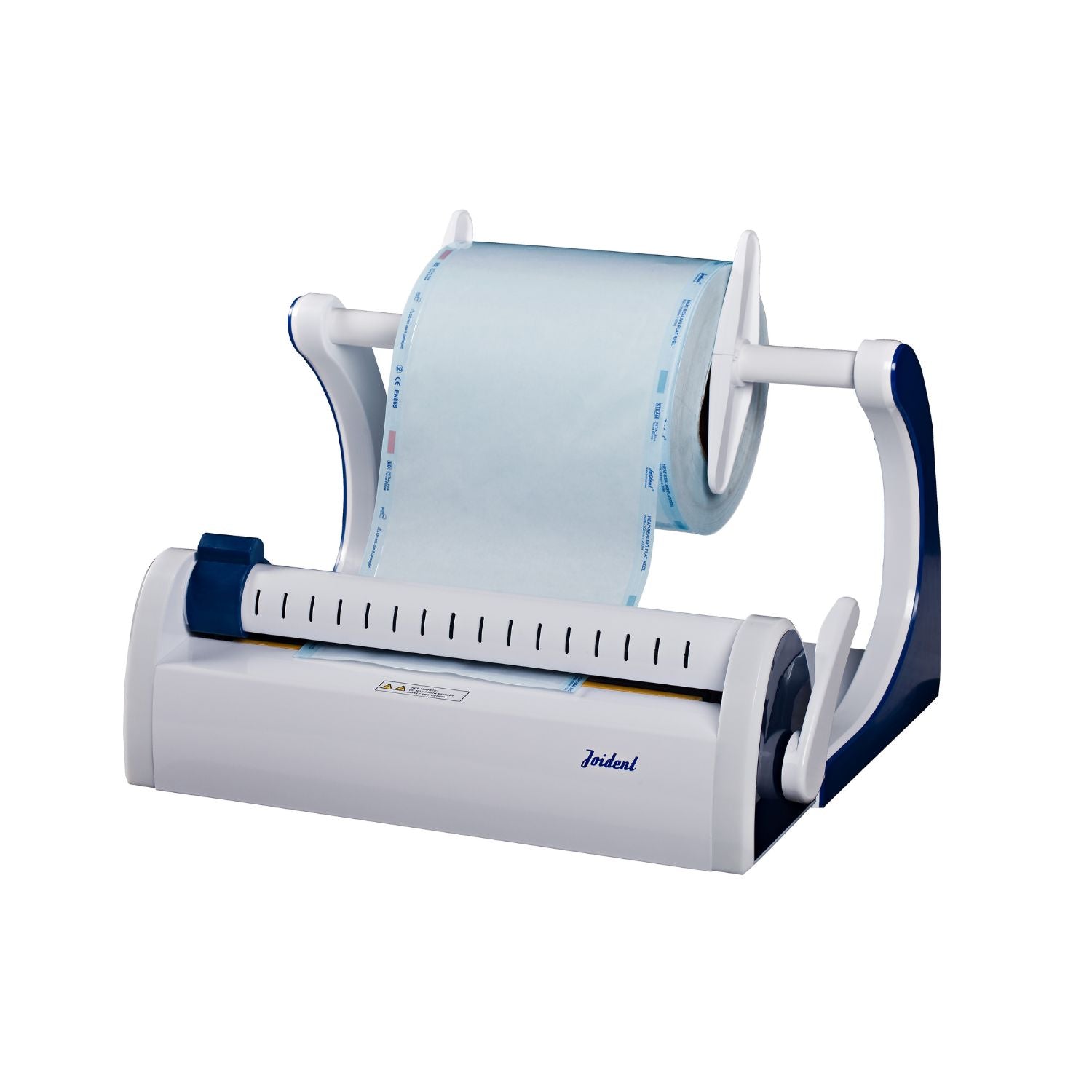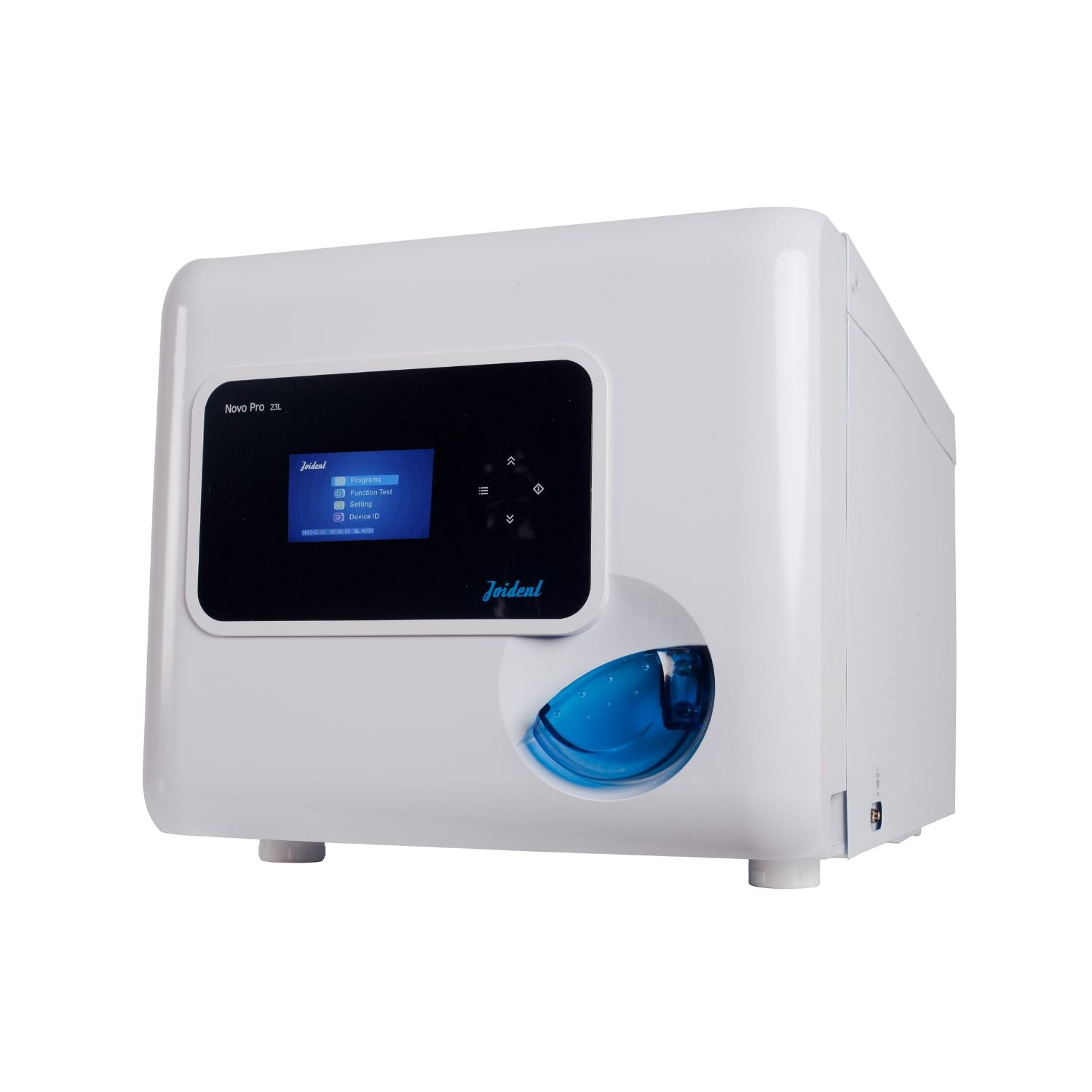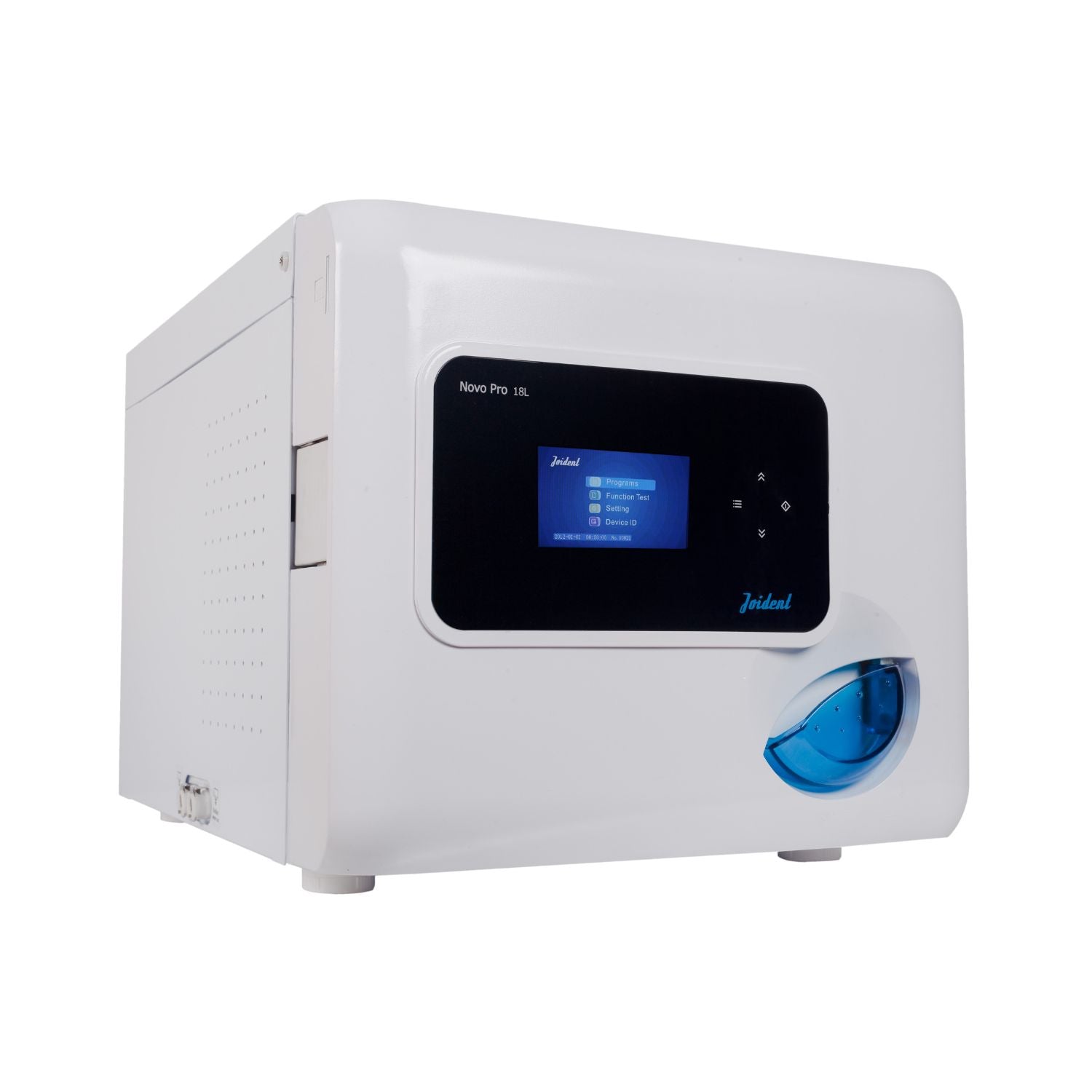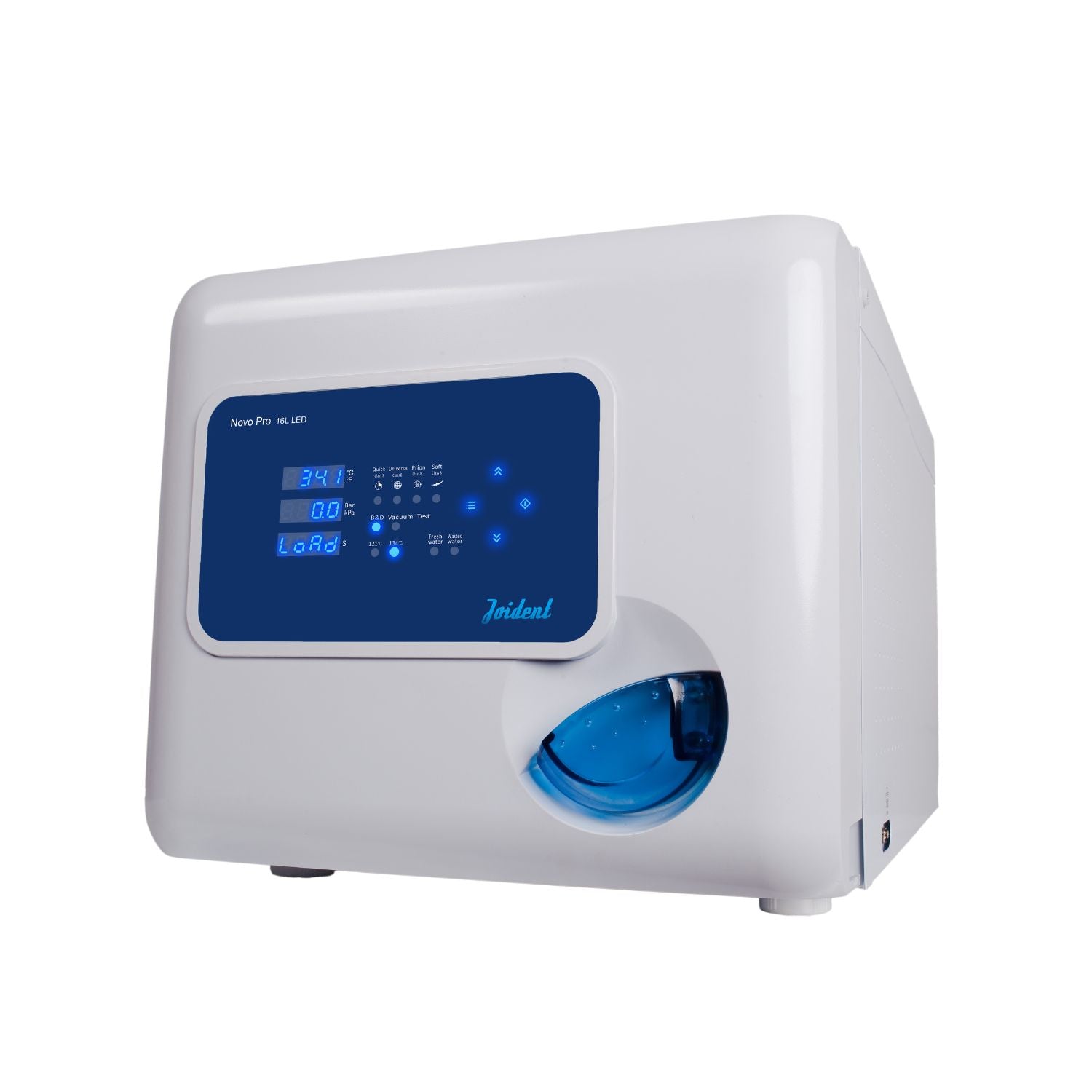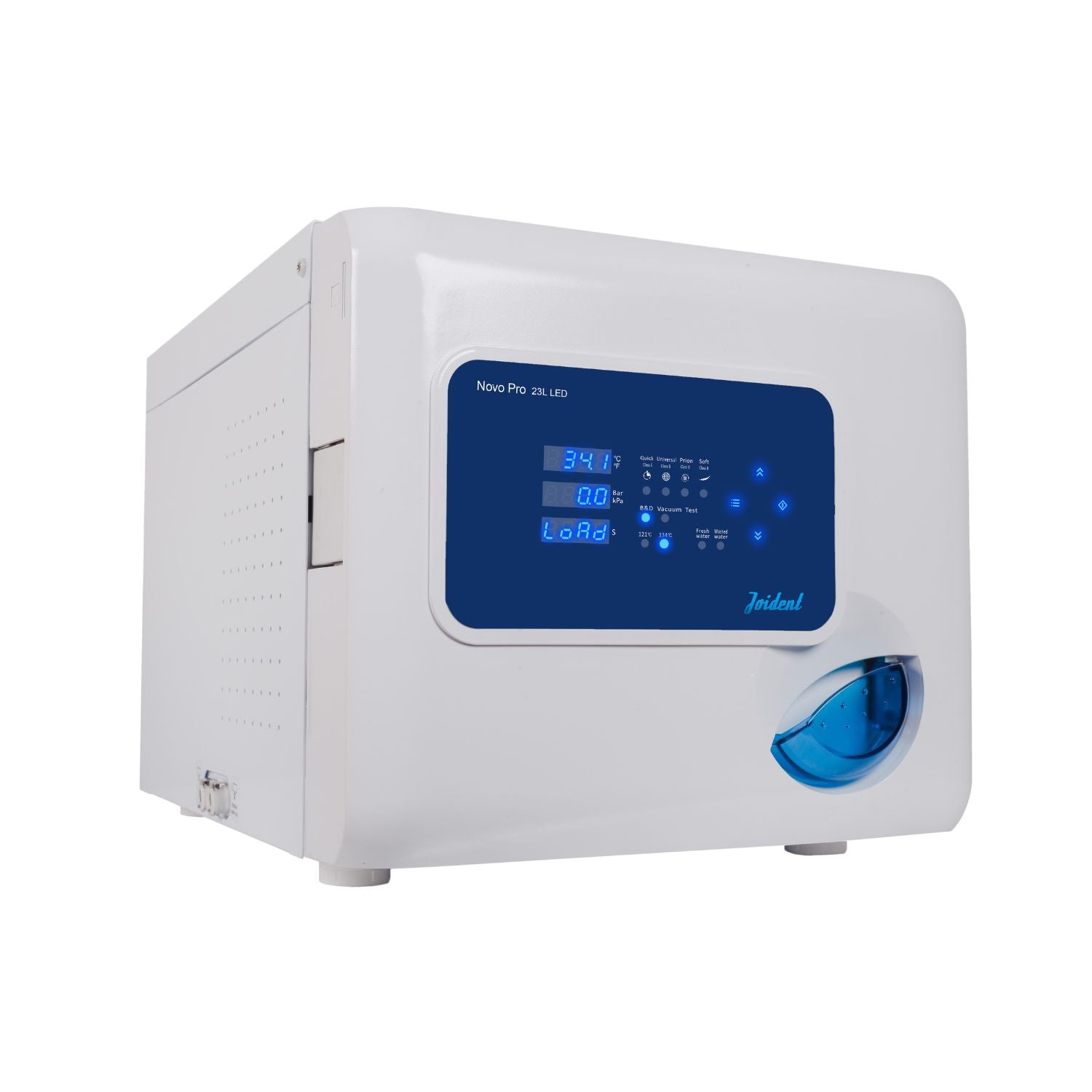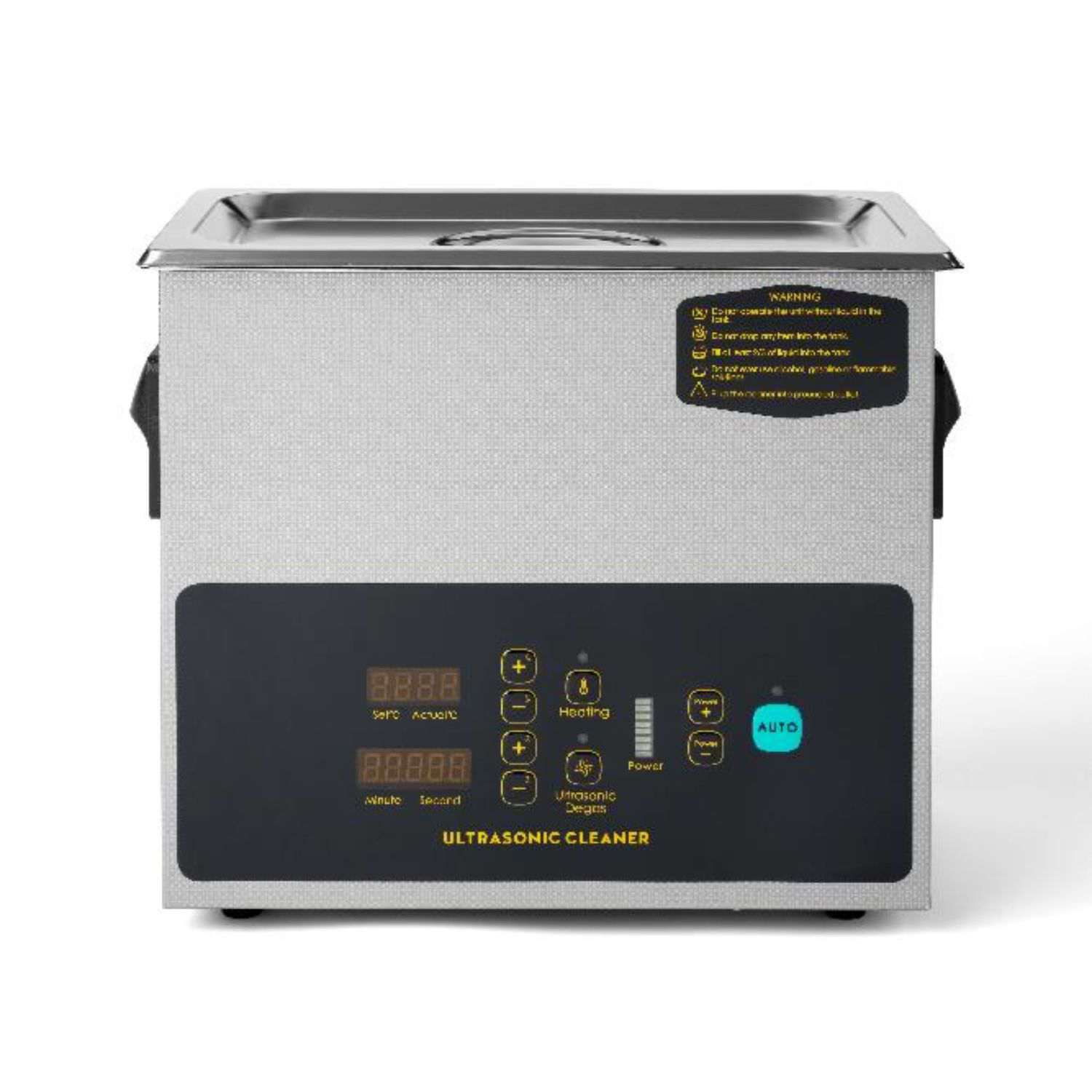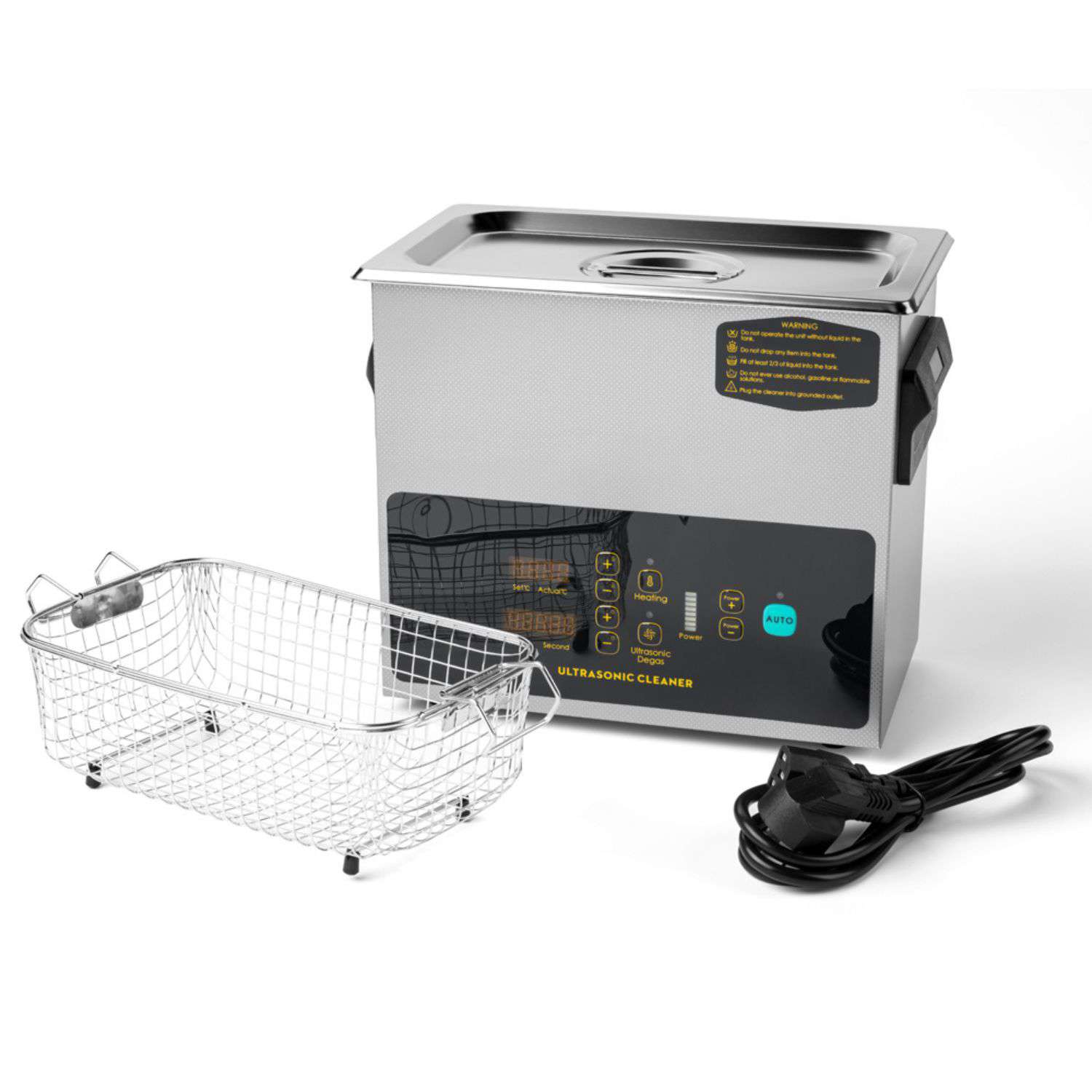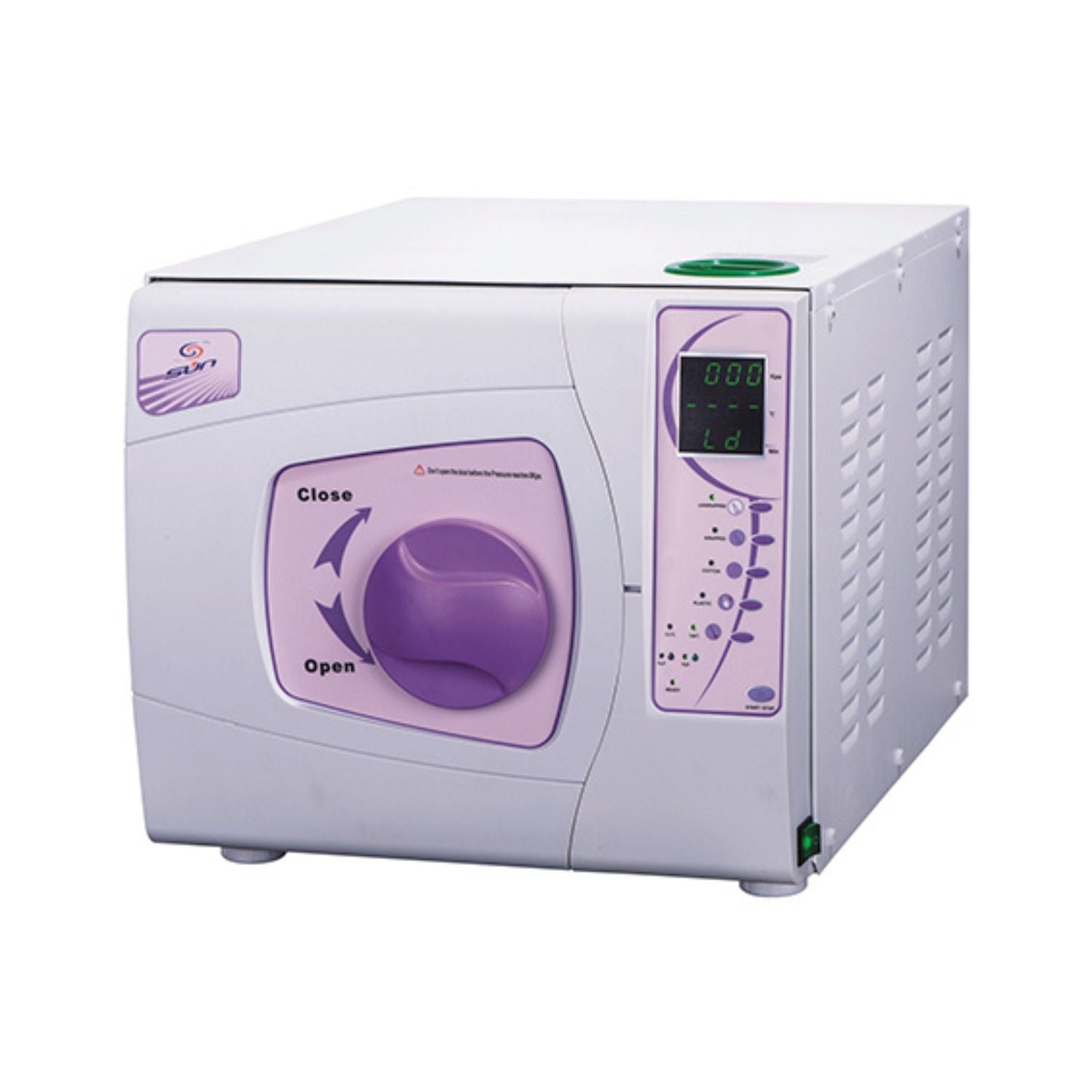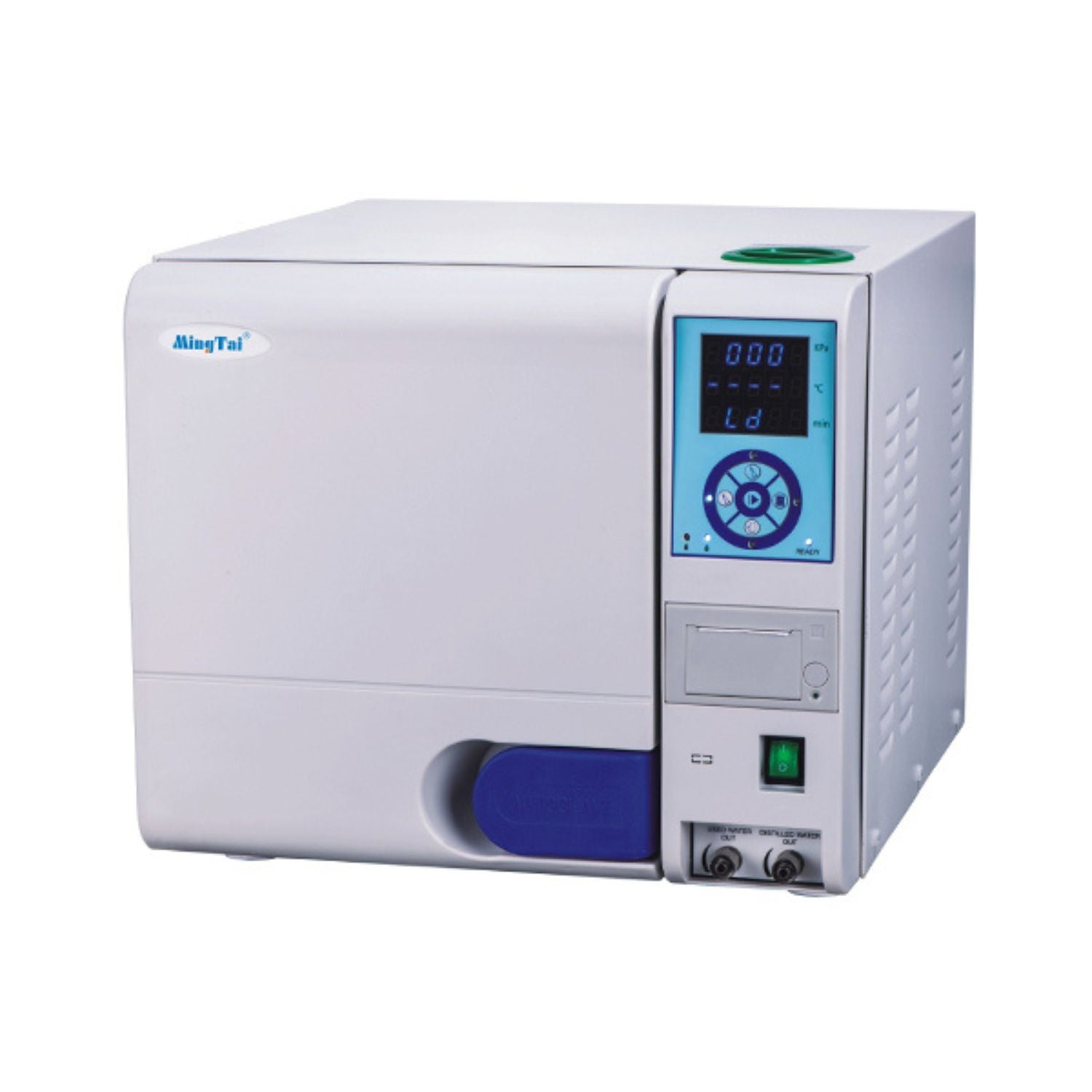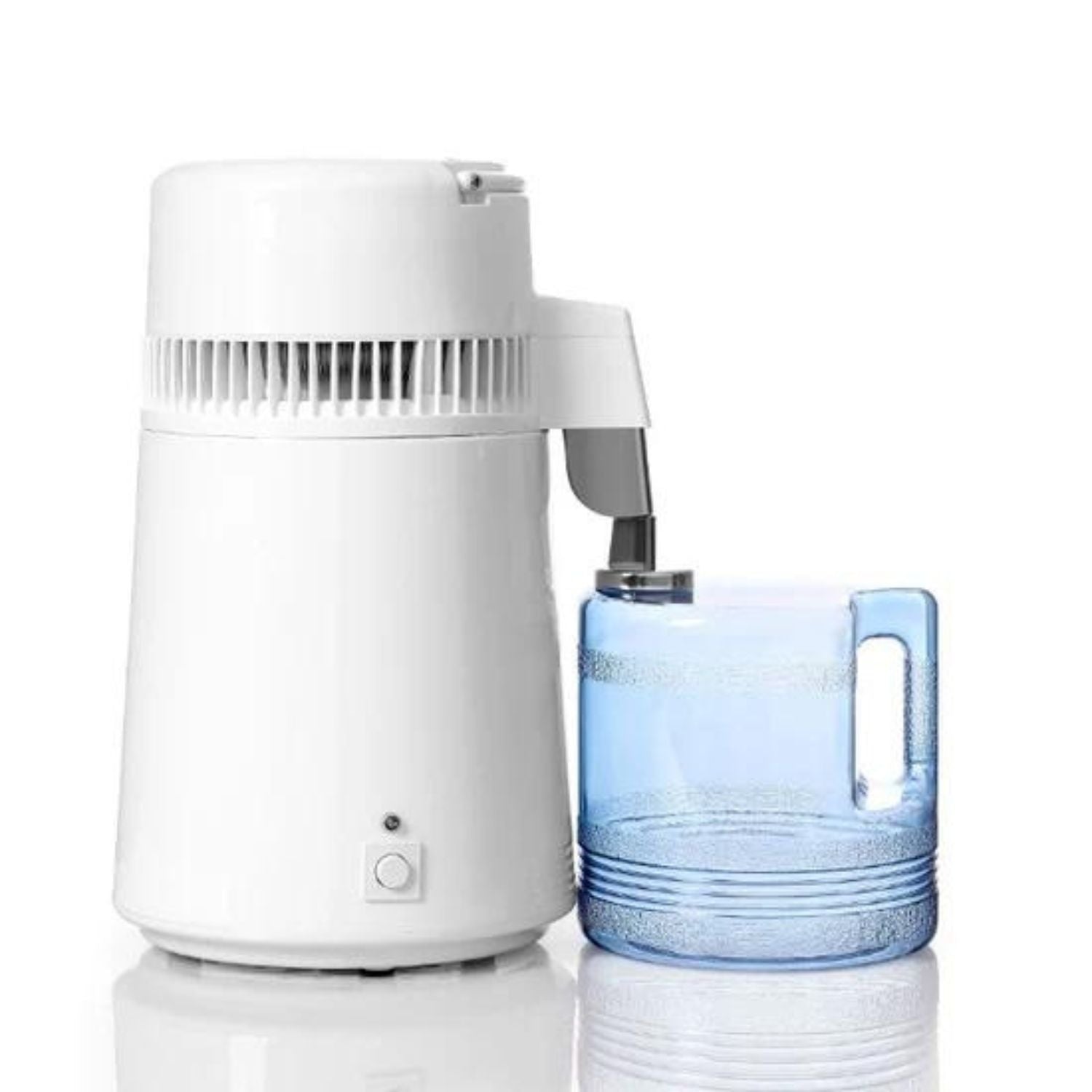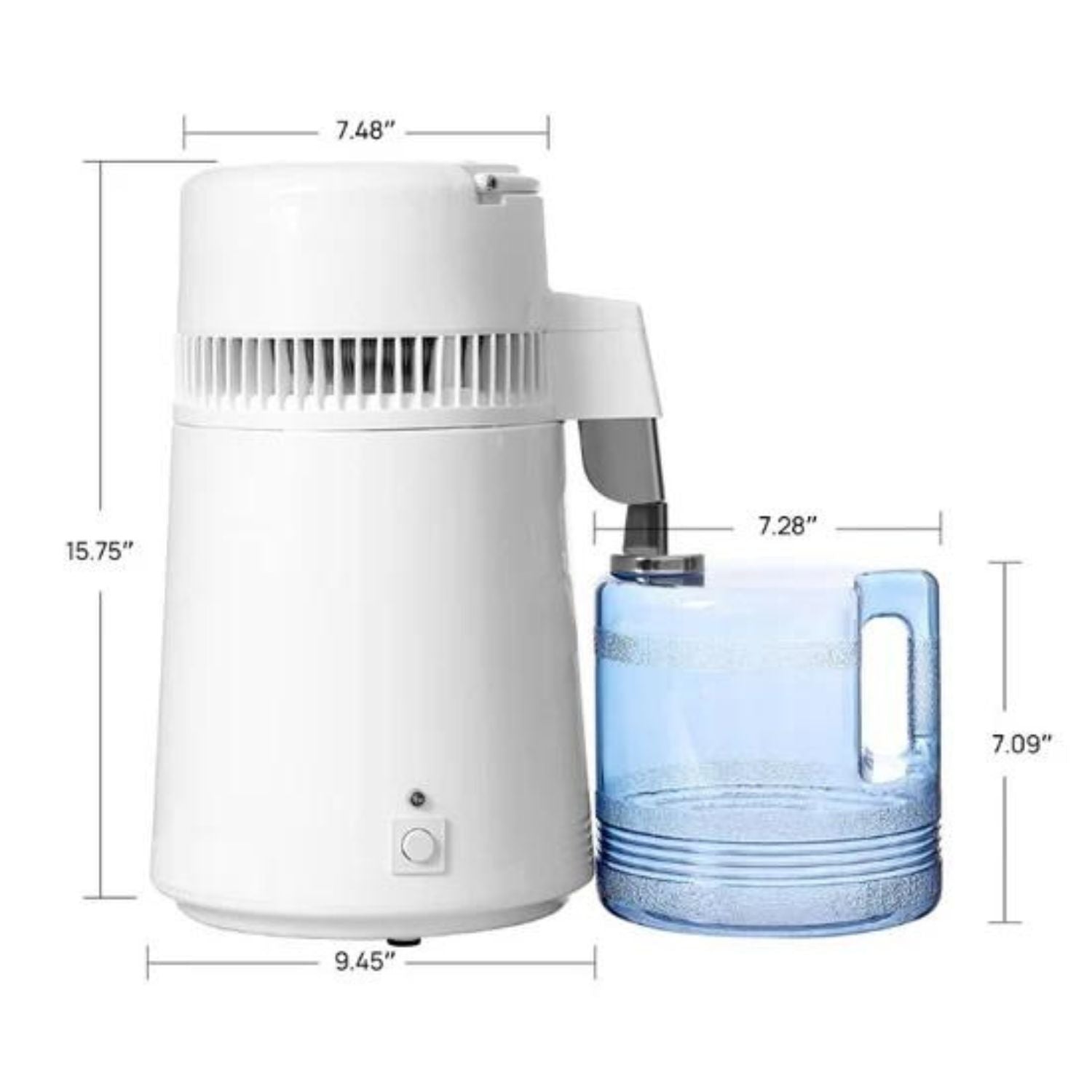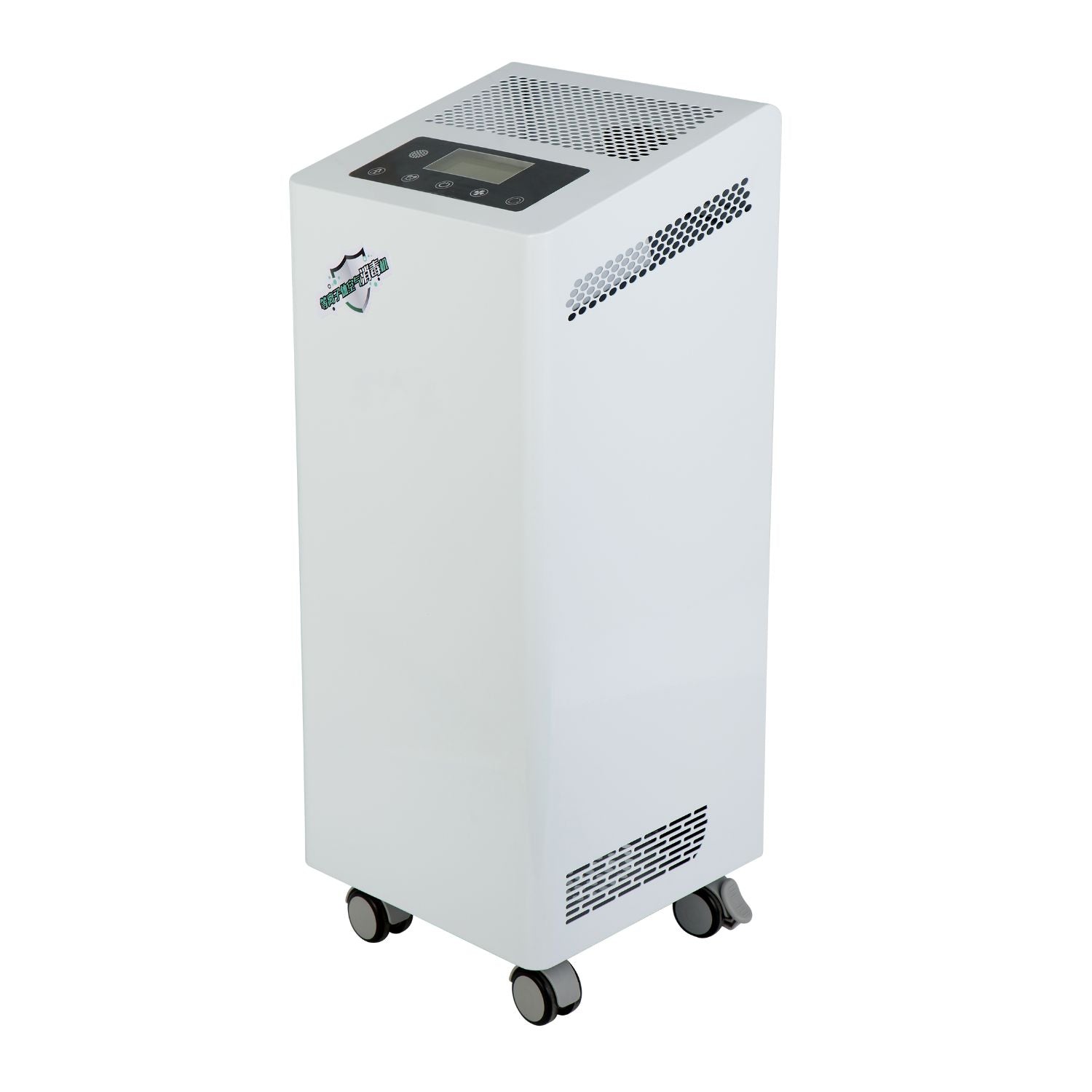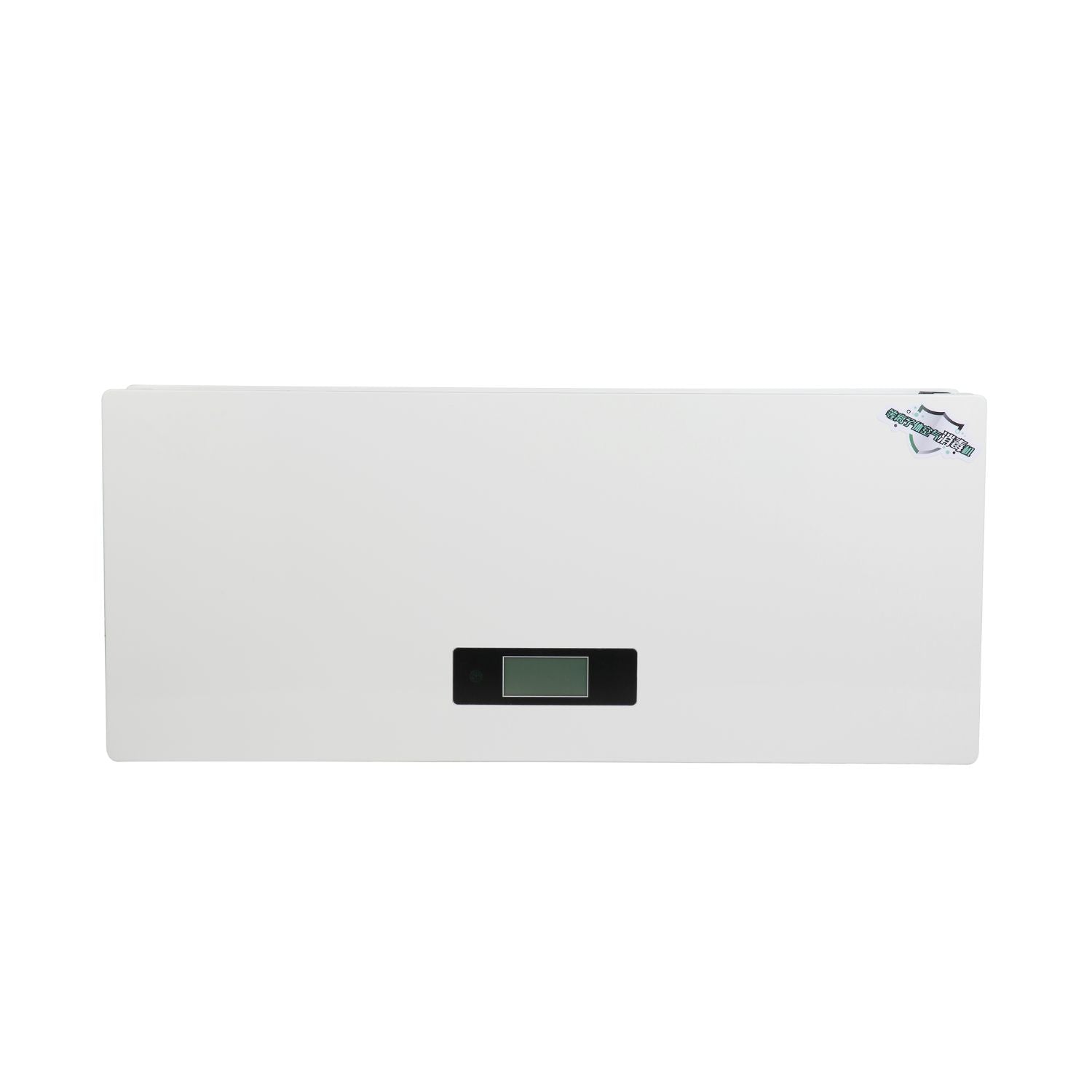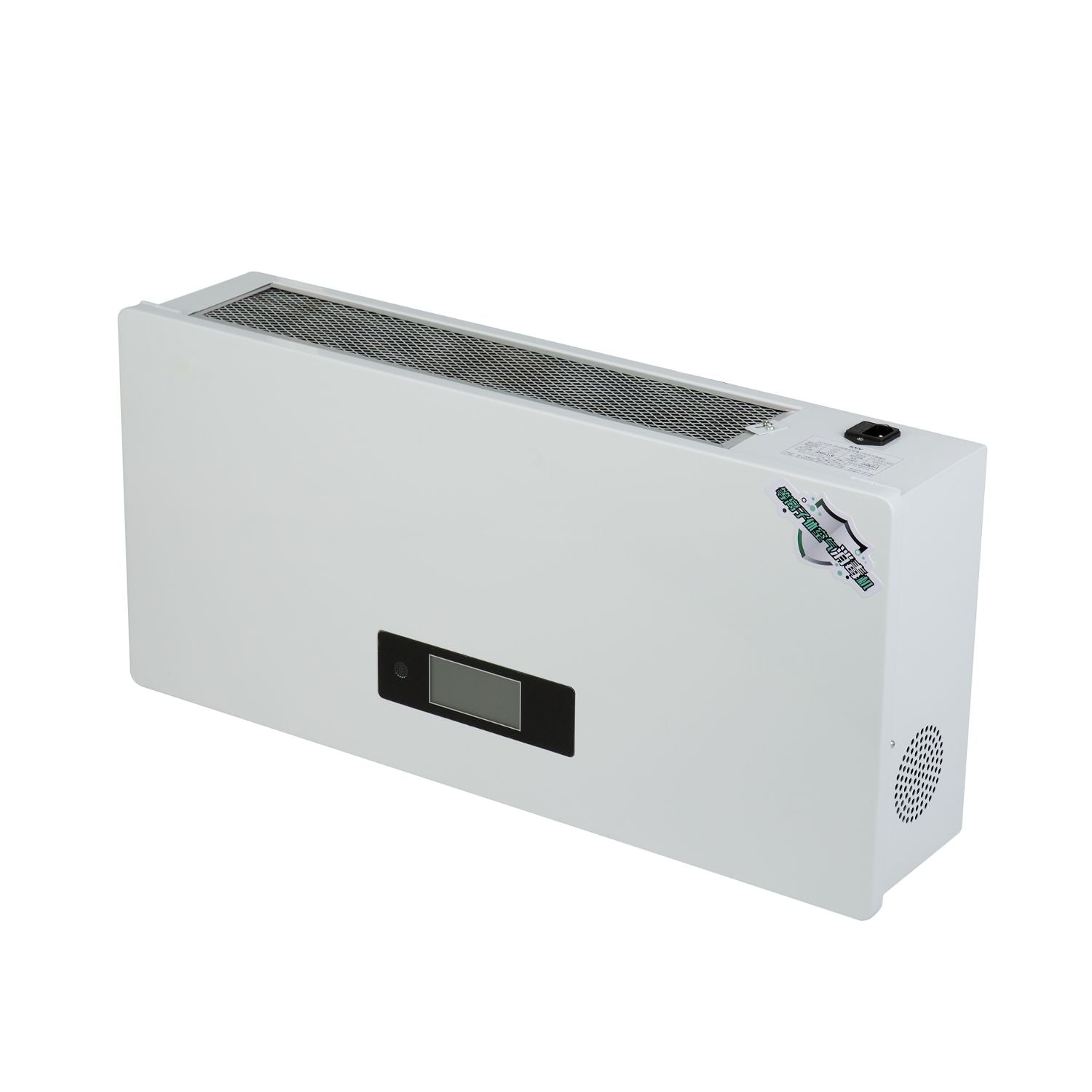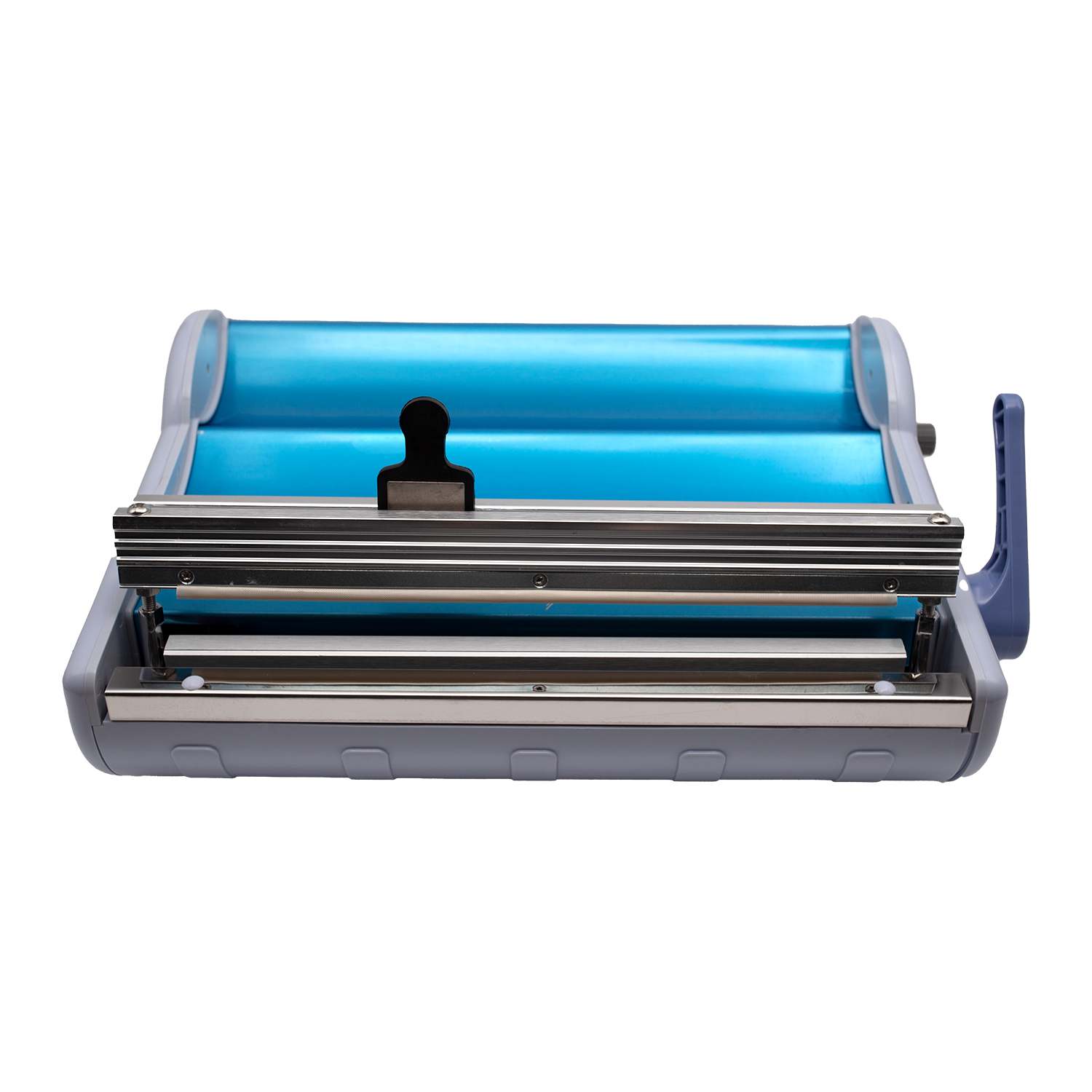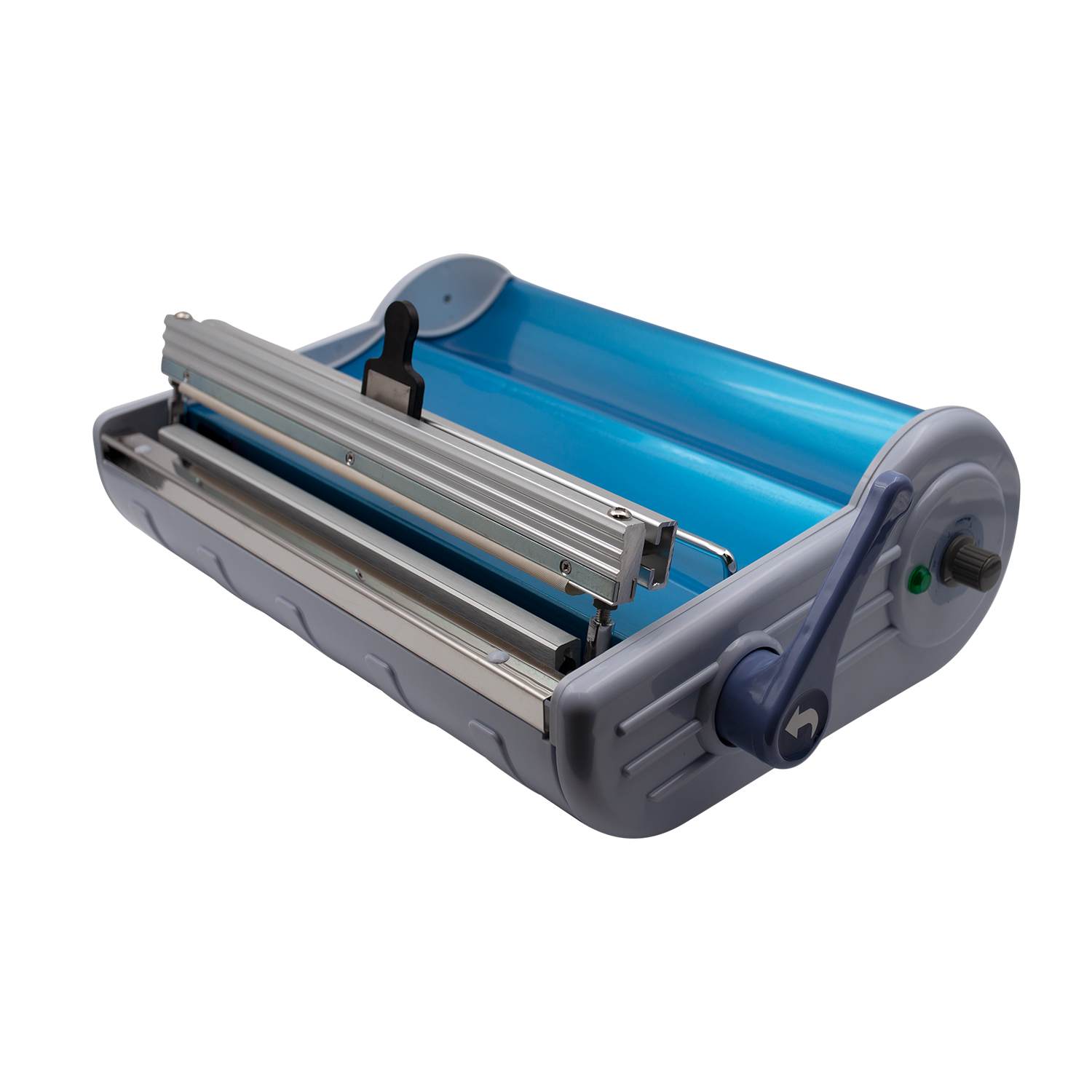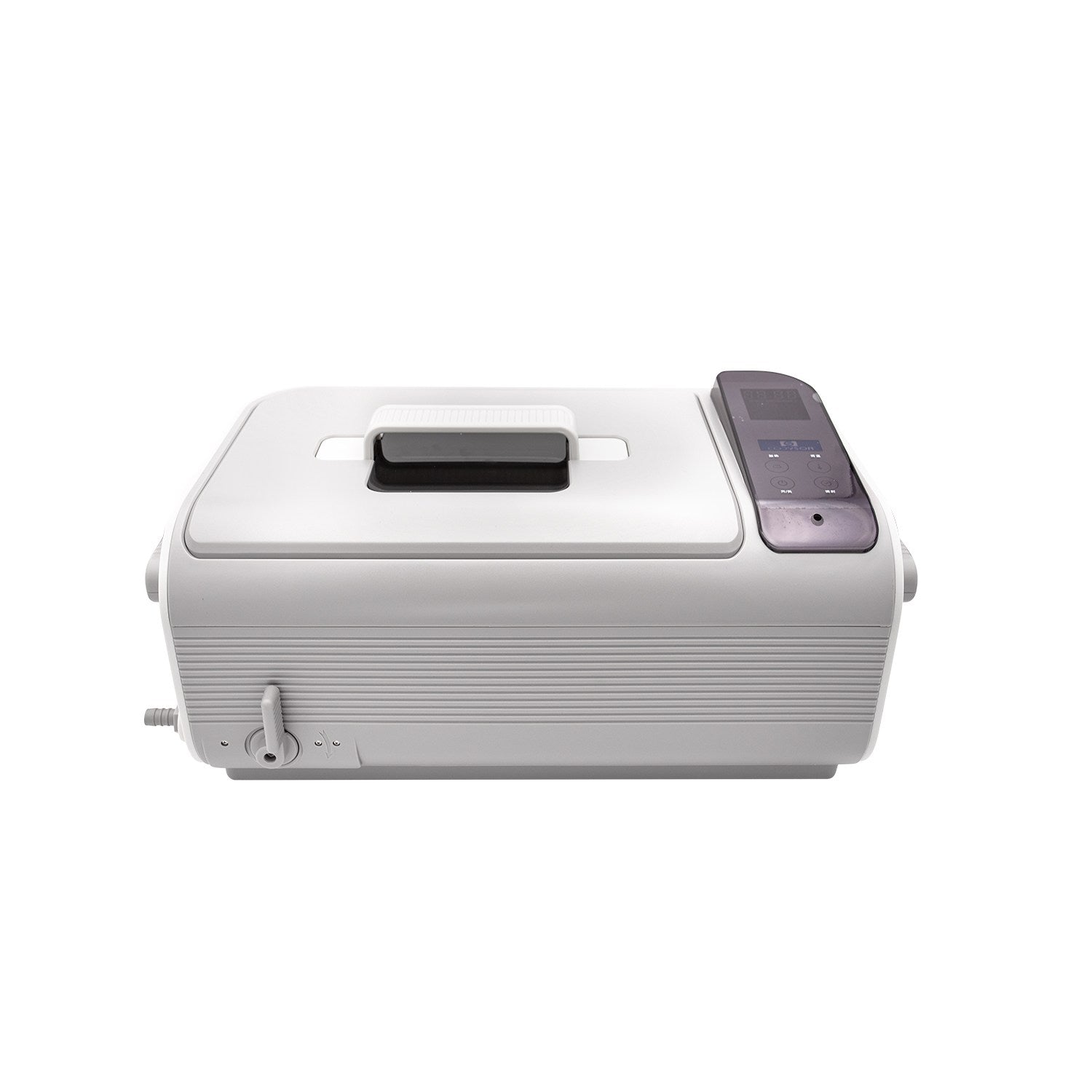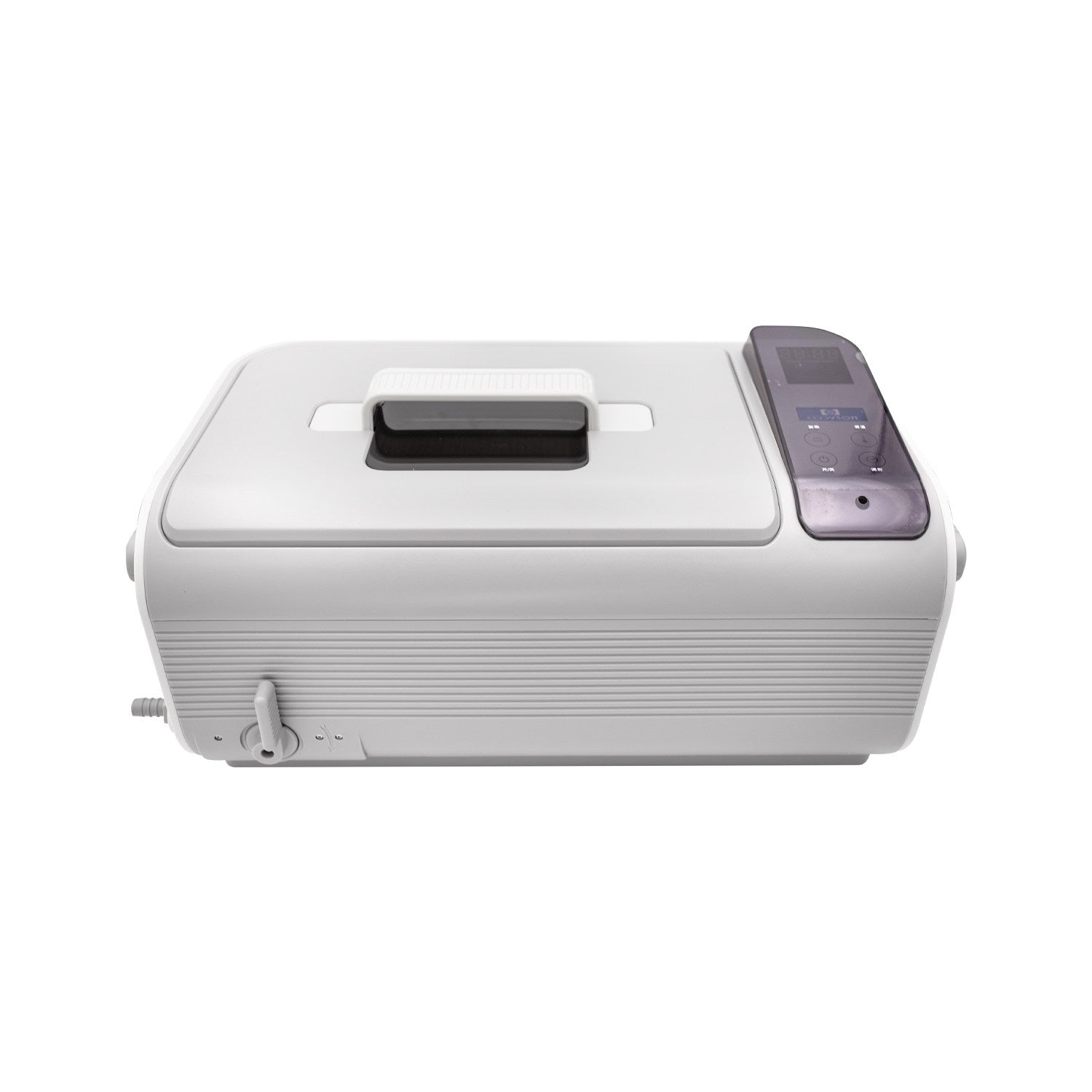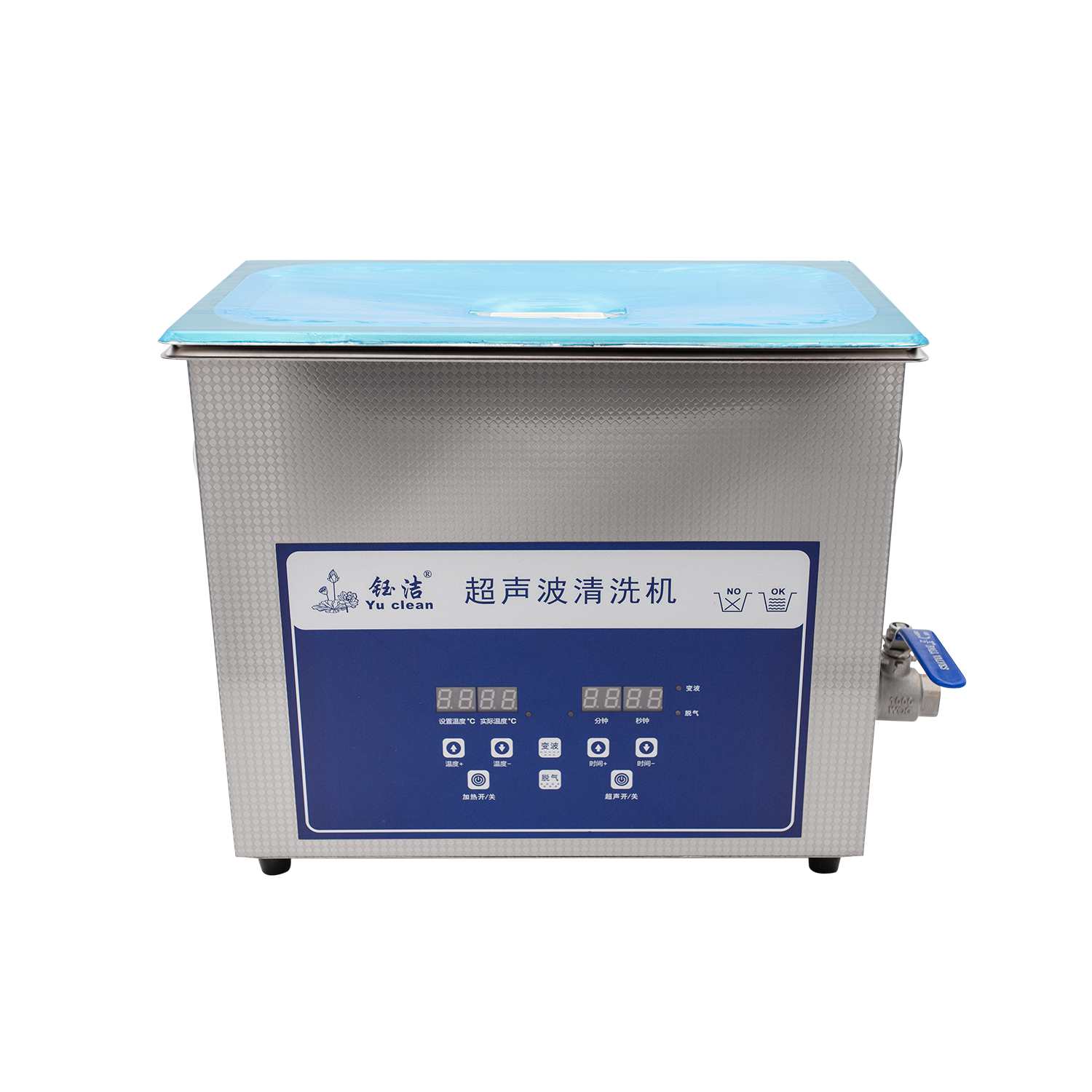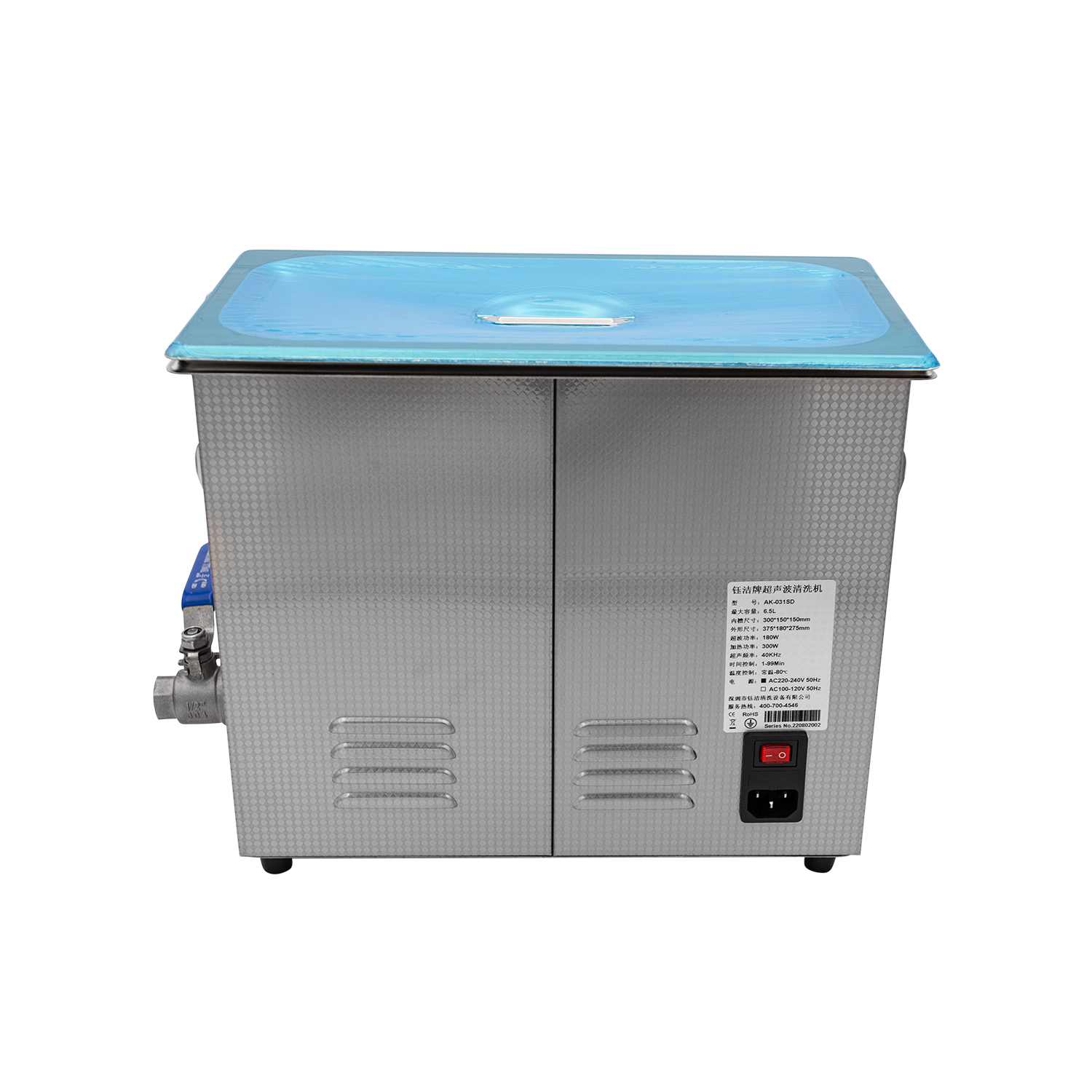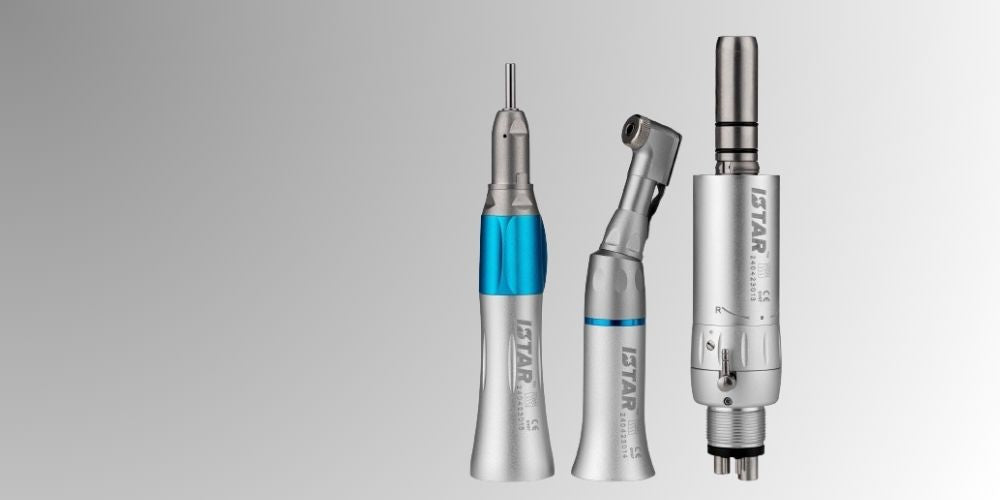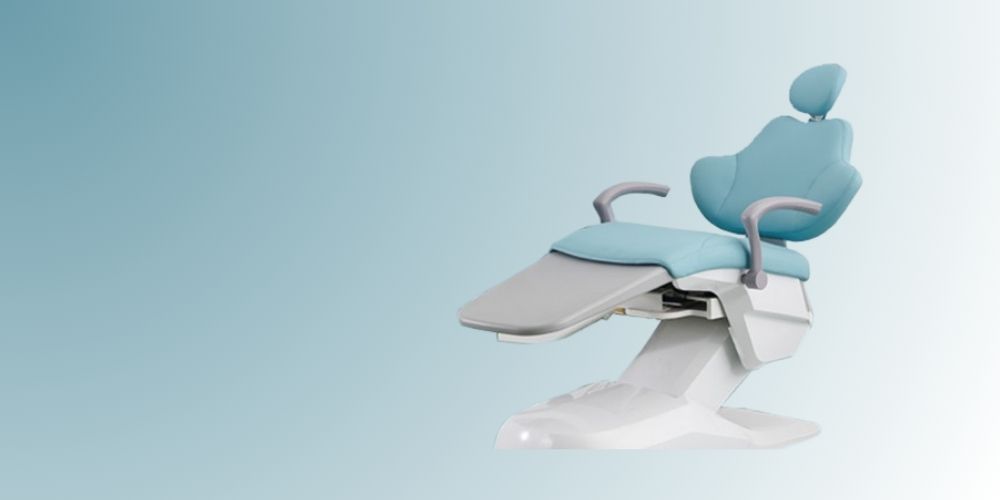
Istar Dental Supply
By choosing our disinfection equipment, you are investing in the health and safety of your patients and staff, enhancing your practice's reputation, and ensuring compliance with global health standards.
Key Features

Effective Microorganism Elimination
Our products are engineered to effectively eliminate all microorganisms, including bacteria, viruses, fungi, and spores. This ensures that your dental instruments and environment are always safe for patient care.

High Quality and Reliability
We take pride in the superior quality of our equipment. Manufactured with precision and the latest technology, our products are built to deliver consistent and reliable performance, ensuring your practice runs smoothly.

Affordability
Despite the high quality, our disinfection equipment is affordably priced. We believe that every dental clinic should have access to top-notch sterilization tools without breaking the bank.

Certifications
Our products are FDA and CE certified, meeting international standards for safety and efficacy. This certification underscores our commitment to providing equipment that meets rigorous quality and regulatory requirements.
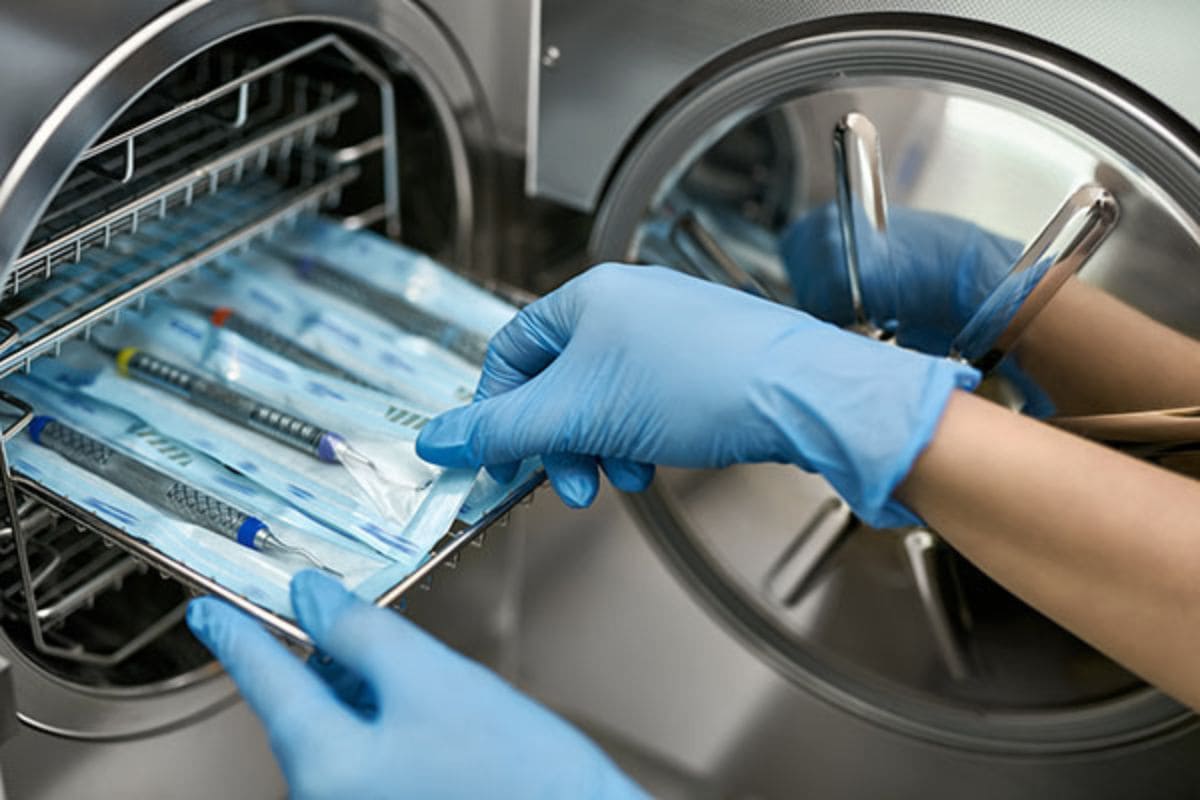
Autoclave Dental
Autoclave dental is a high-pressure steam sterilizer used in dental practices to sterilize instruments and equipment. By exposing items to high temperatures and steam under pressure, it effectively eliminates all forms of microbial life, ensuring that dental tools are safe for patient use.
View ProductUltrasonic Cleaner Dental
Use this text to share information about your brand with your customers.
Describe a product, share announcements, or welcome customers to your store.
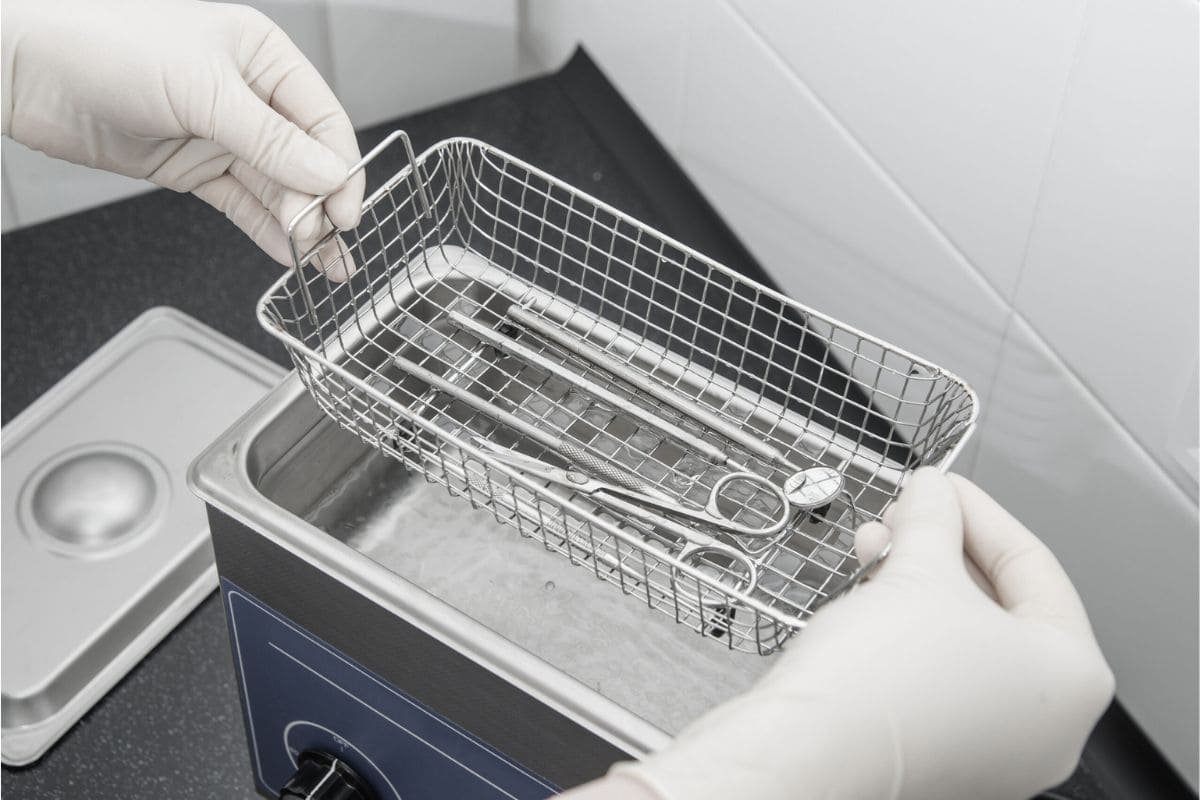
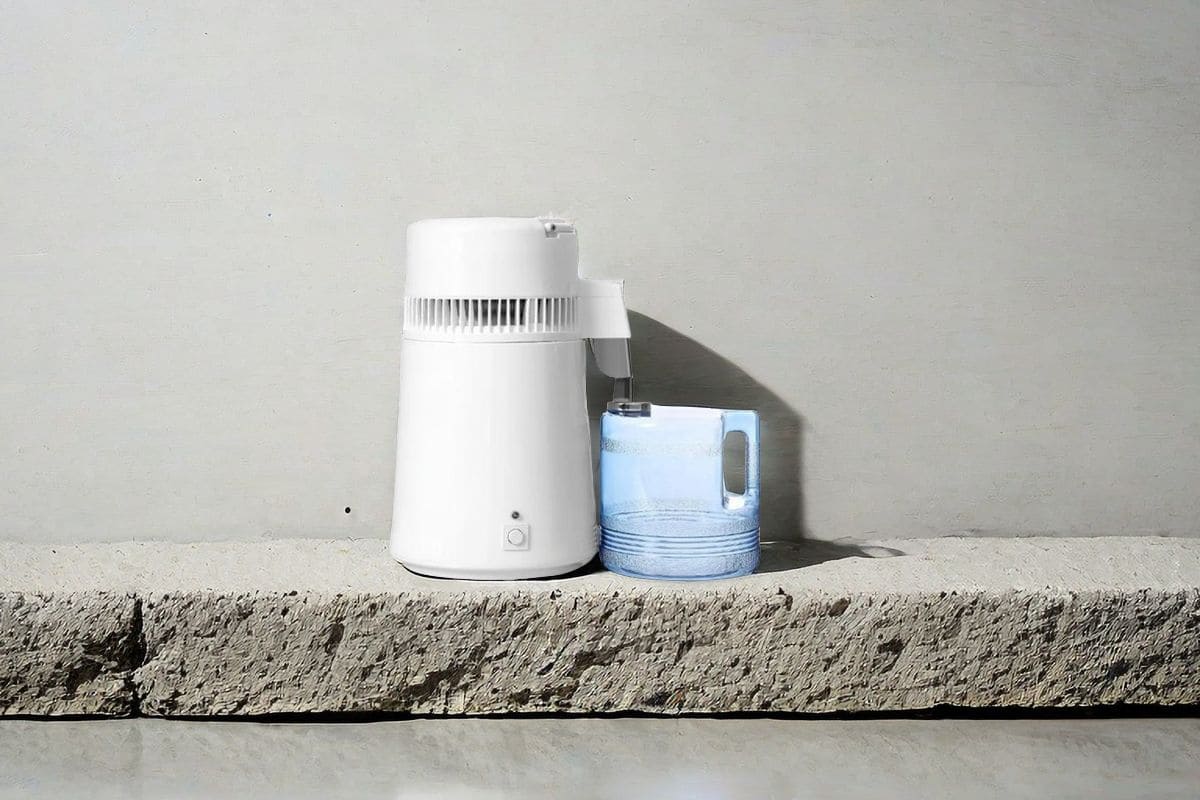
Dental Water Distiller
Use this text to share information about your brand with your customers.
Describe a product, share announcements, or welcome customers to your store.
Medical Grade Air Purifier
Use this text to share information about your brand with your customers.
Describe a product, share announcements, or welcome customers to your store.
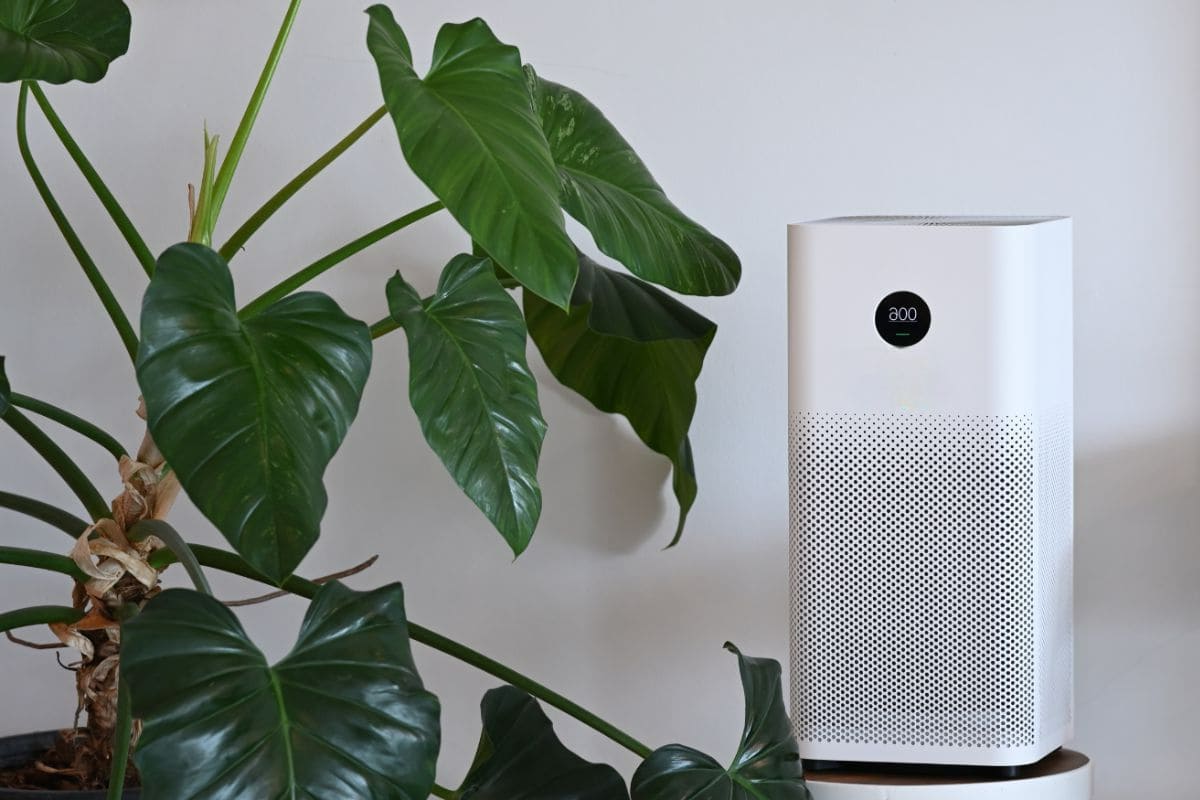
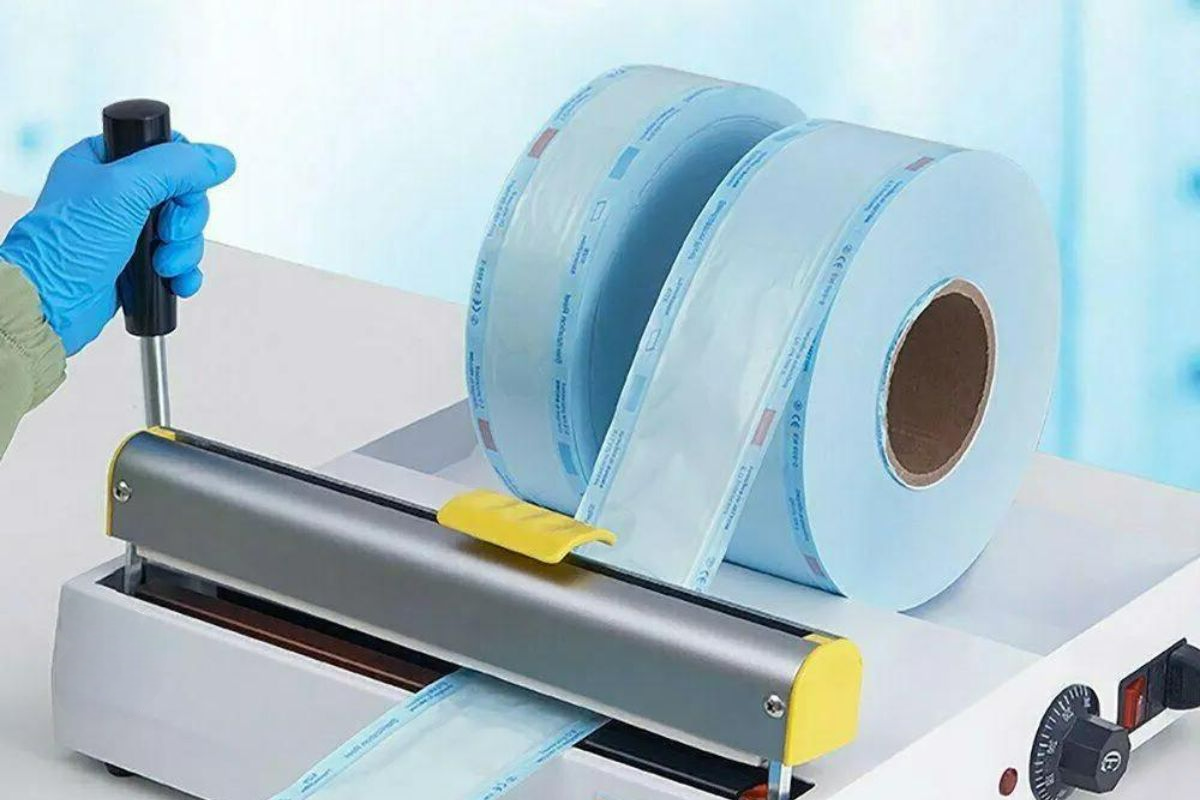
Medical Pouch Sealer
Use this text to share information about your brand with your customers.
Describe a product, share announcements, or welcome customers to your store.
FAQ
Dental sterilization is crucial for several reasons:
- Prevention of Infections: Proper sterilization prevents the transmission of infectious diseases between patients and dental healthcare providers. This includes infections like HIV, hepatitis B and C, and various bacterial infections.
- Patient Safety: Ensuring that dental instruments are sterilized protects patients from potential infections that could arise from contaminated tools.
- Compliance with Regulations: Dental practices must adhere to strict guidelines and regulations set by health authorities to maintain a standard of care and avoid legal repercussions.
Dental sterilization involves several steps:
- Cleaning: Before sterilization, instruments must be thoroughly cleaned to remove any debris or organic material. This can be done manually or using ultrasonic cleaners that use sound waves to dislodge particles.
- Packaging: Clean instruments are then packaged in special materials that allow sterilizing agents to penetrate while keeping instruments sterile after the process.
- Sterilization: The packaged instruments are placed in a sterilizer, where they are exposed to high temperatures, pressure, or chemical agents to kill all microorganisms.
The most common methods include:
- Autoclaving: Uses steam under pressure to achieve sterilization. It's one of the most reliable and widely used methods.
- Dry Heat Sterilization: Uses hot air that is free from moisture to sterilize instruments.
- Chemical Vapor Sterilization: Uses a combination of chemicals under pressure to sterilize instruments.
After sterilization, instruments must be stored properly to maintain their sterility until they are used.
Various equipment is essential for the sterilization process in dental practices:
- Ultrasonic Cleaner Dental: Used for the initial cleaning of instruments.
- Autoclave Dental: Steam sterilizers that are widely used in dental practices for their efficiency and reliability.
- Chemical Sterilizers: Used for heat-sensitive instruments.
- Medical Grade Air Purifier: Used to improve the air quality in dental clinics or hospitals, it can effectively remove airborne pollutants, including bacteria, viruses, allergens, and particulate matter.
Dental sterilization is a routine process that must be performed continuously throughout the day. Instruments are sterilized after each use to ensure they are safe for the next patient. Additionally, sterilization equipment itself requires regular maintenance and monitoring to ensure it is functioning correctly. Depending on the volume of patients and the type of procedures performed, a dental practice might run several sterilization cycles each day.
Any question?
If we still haven't answered your question, you can contact us below and we will get back to you as soon as possible.

